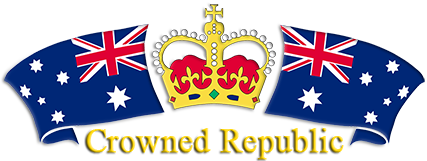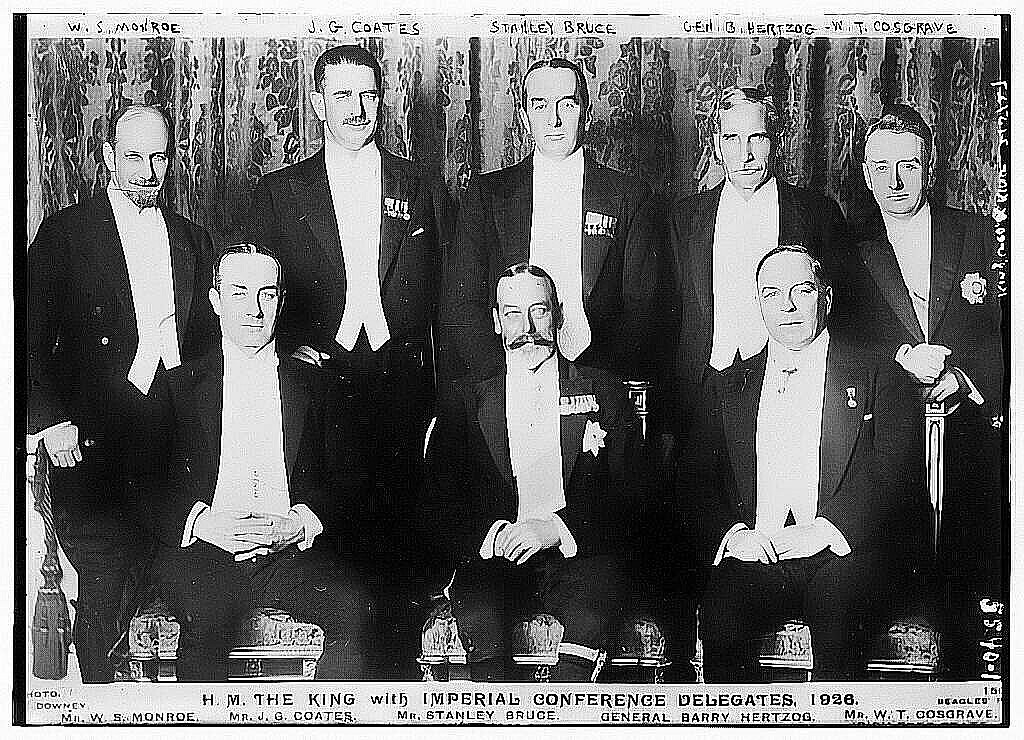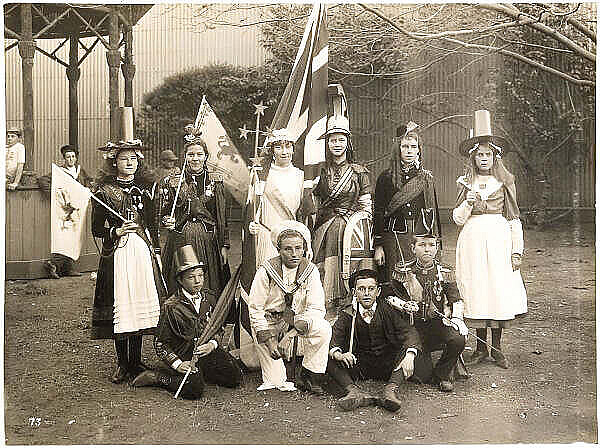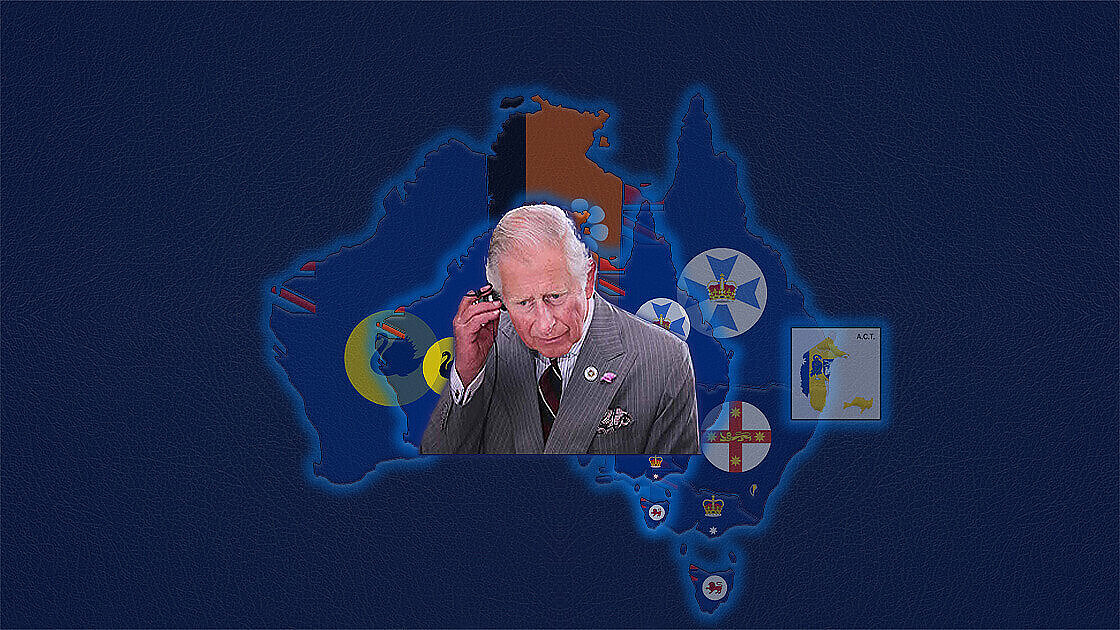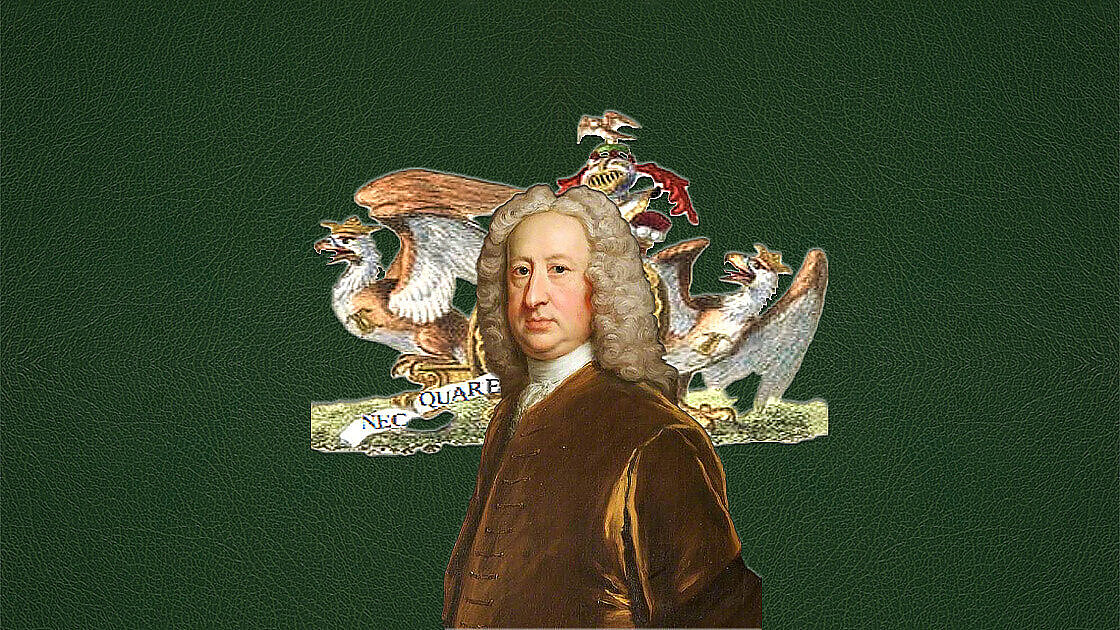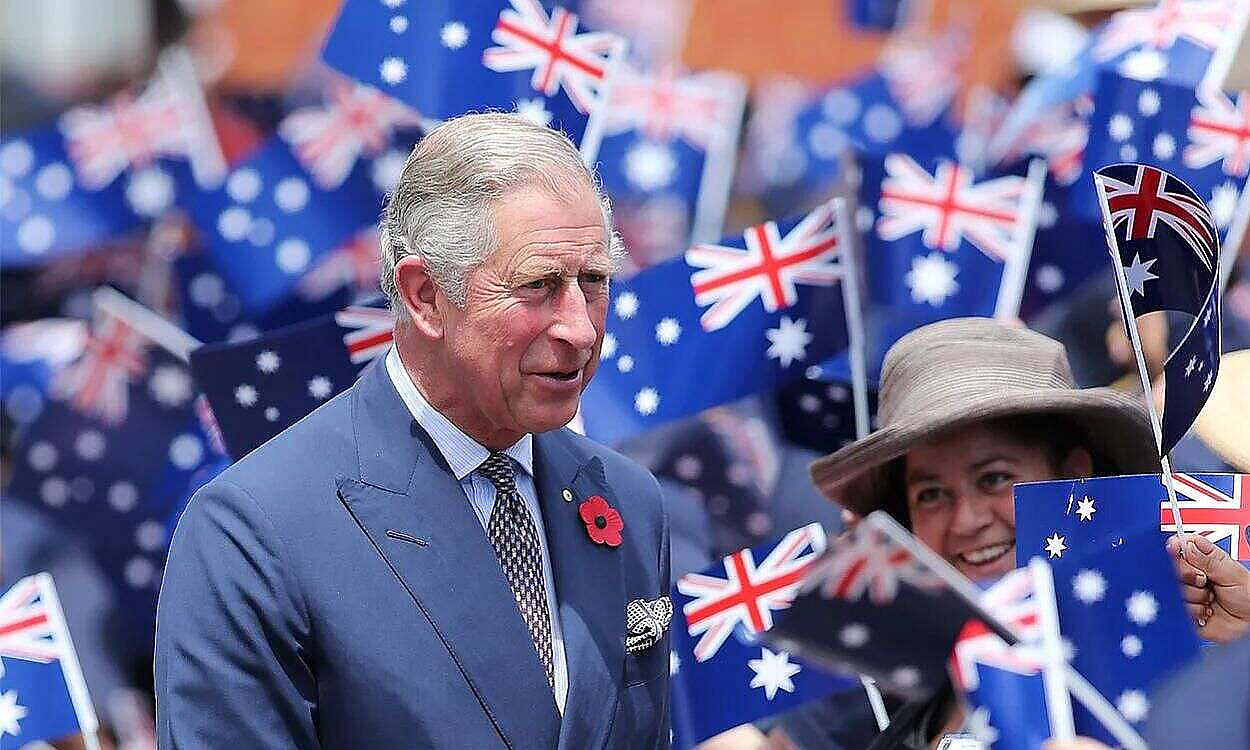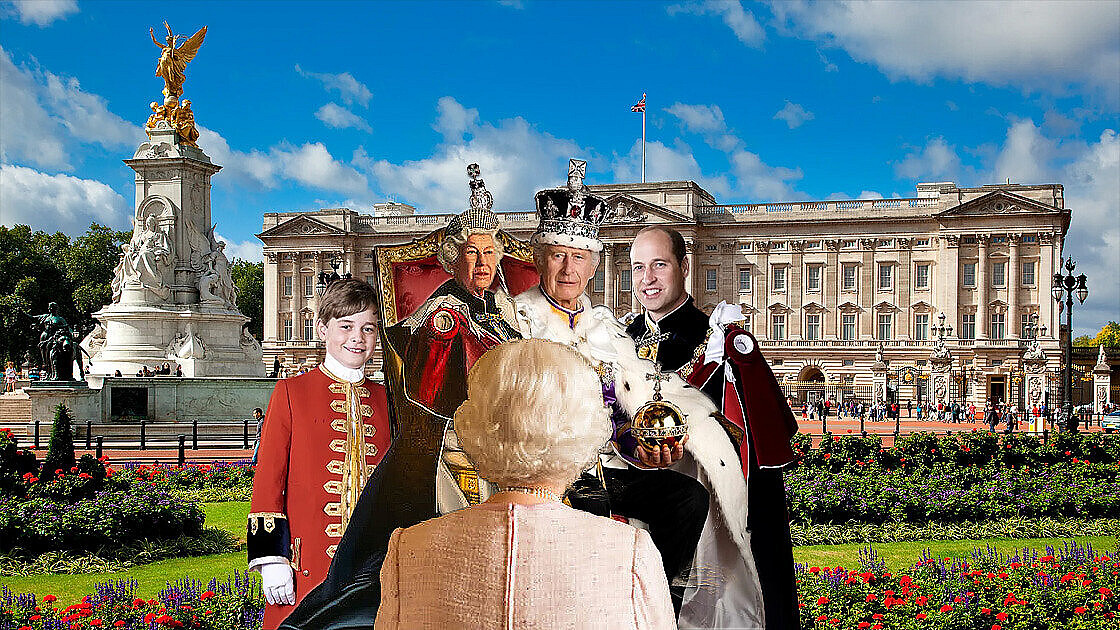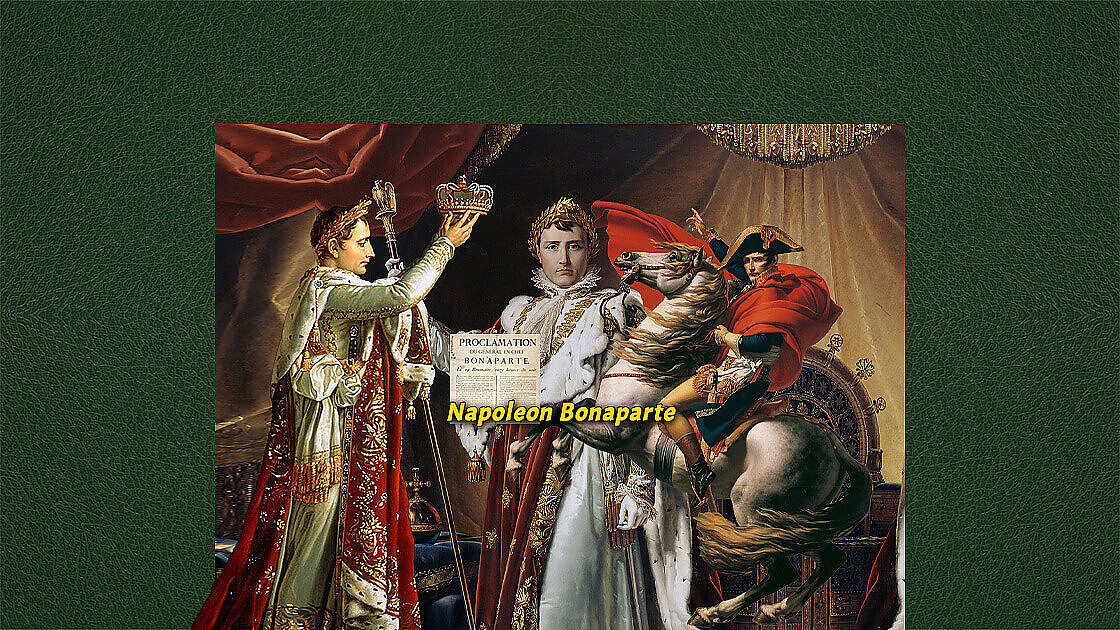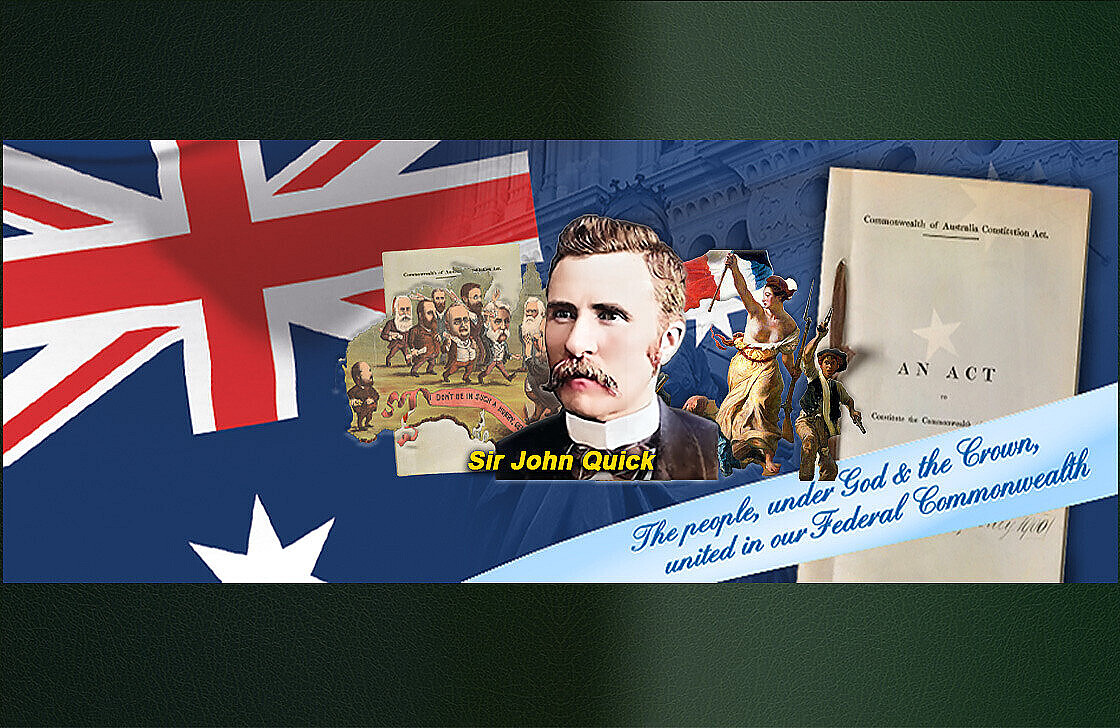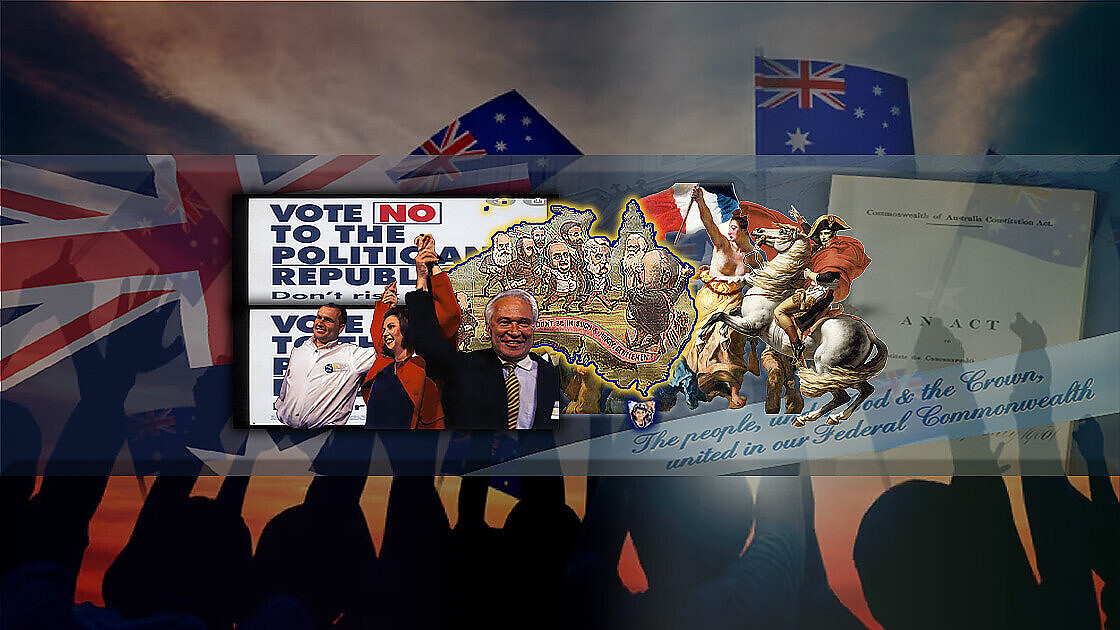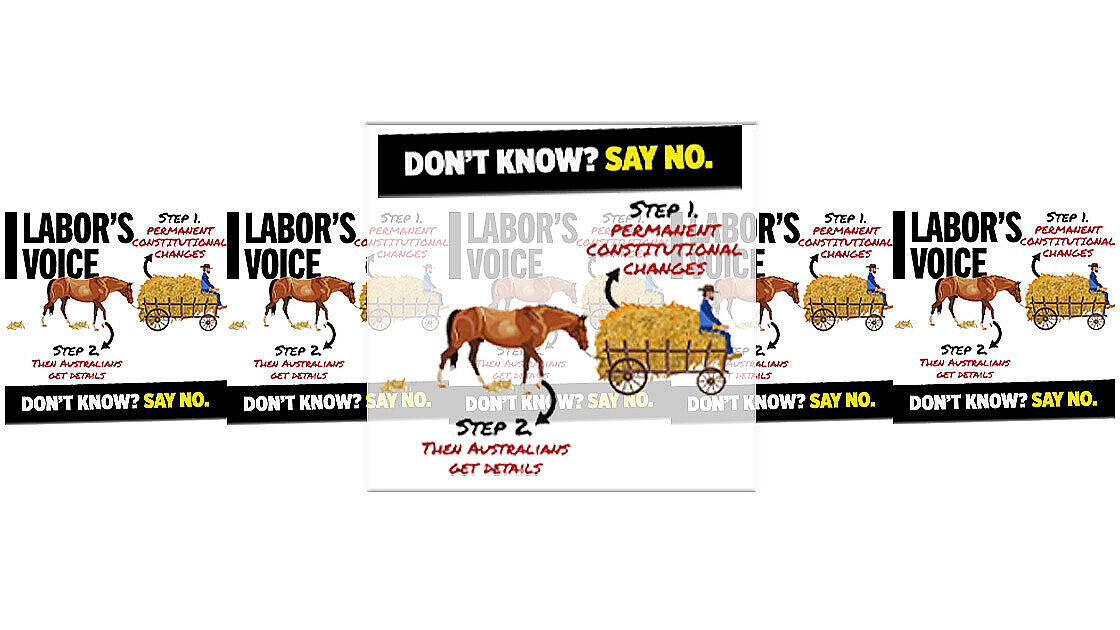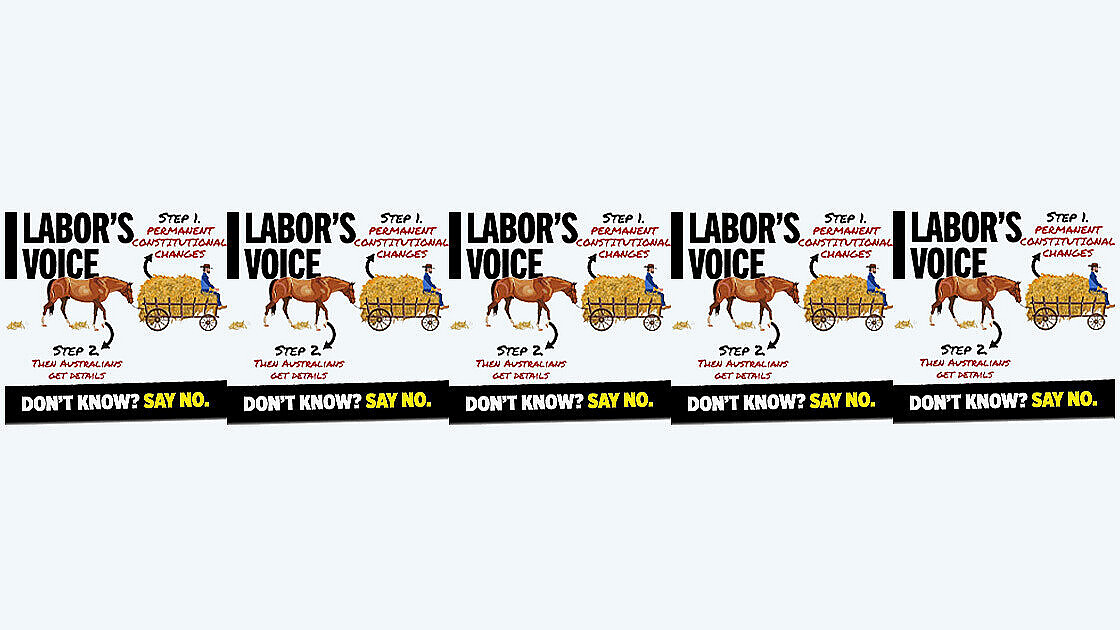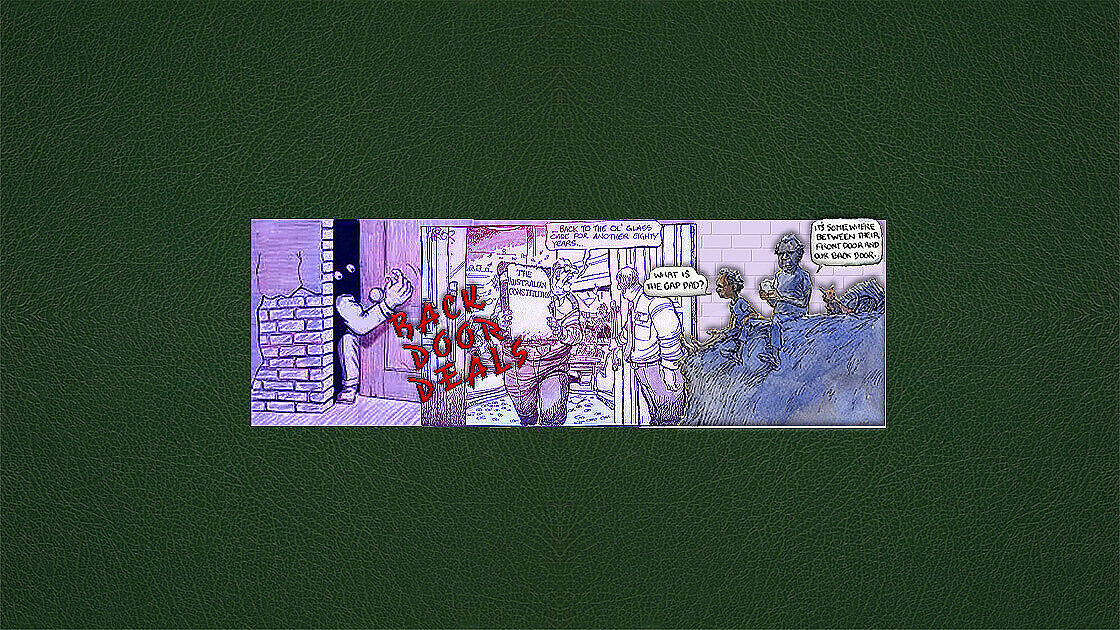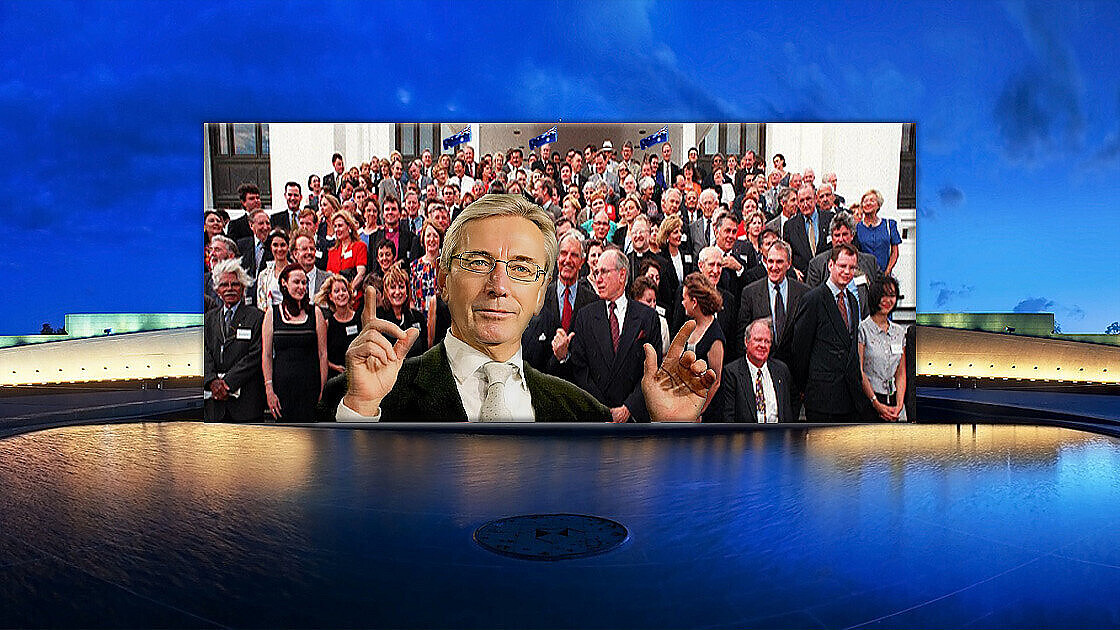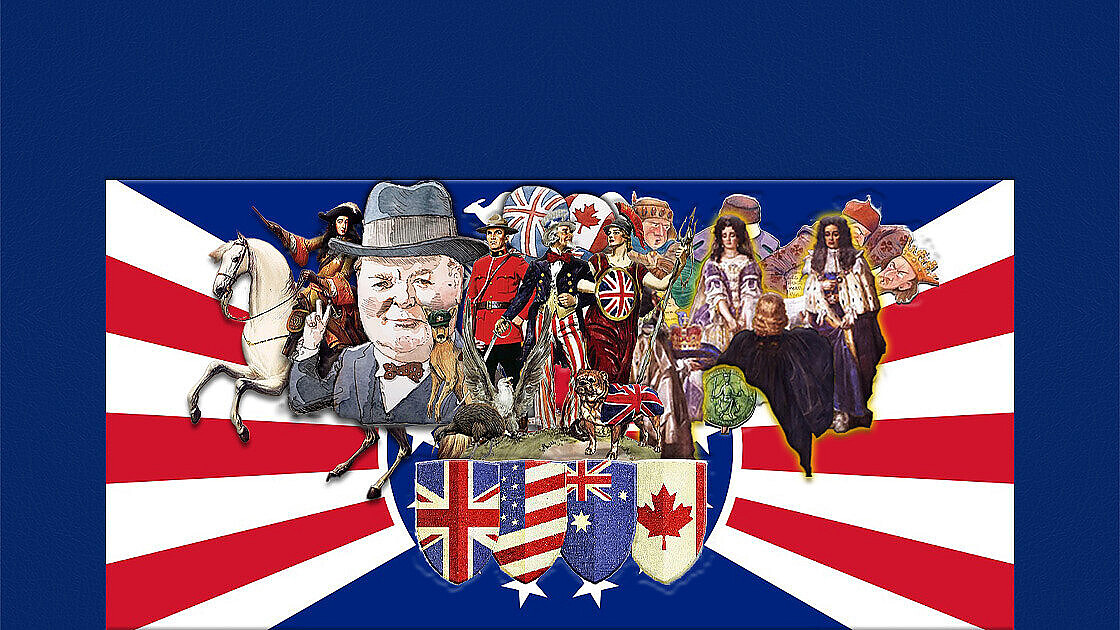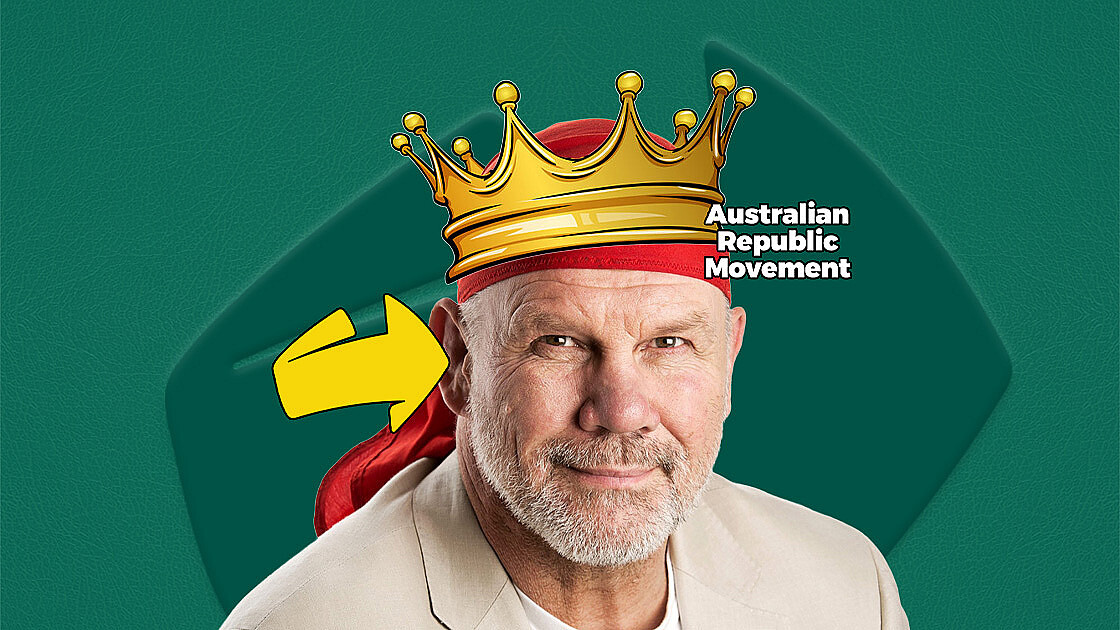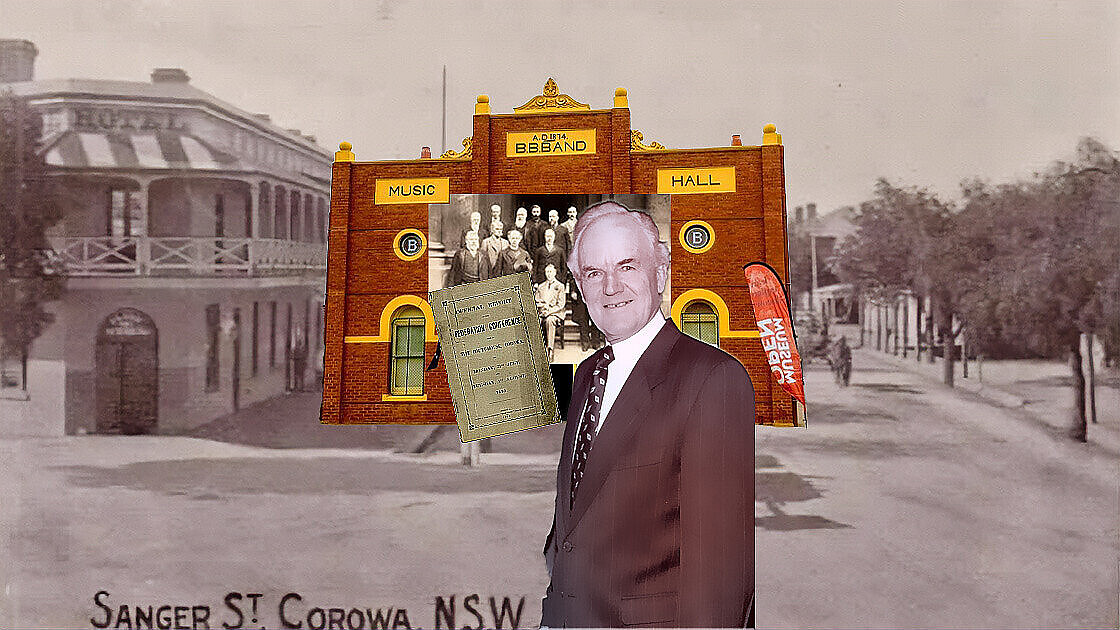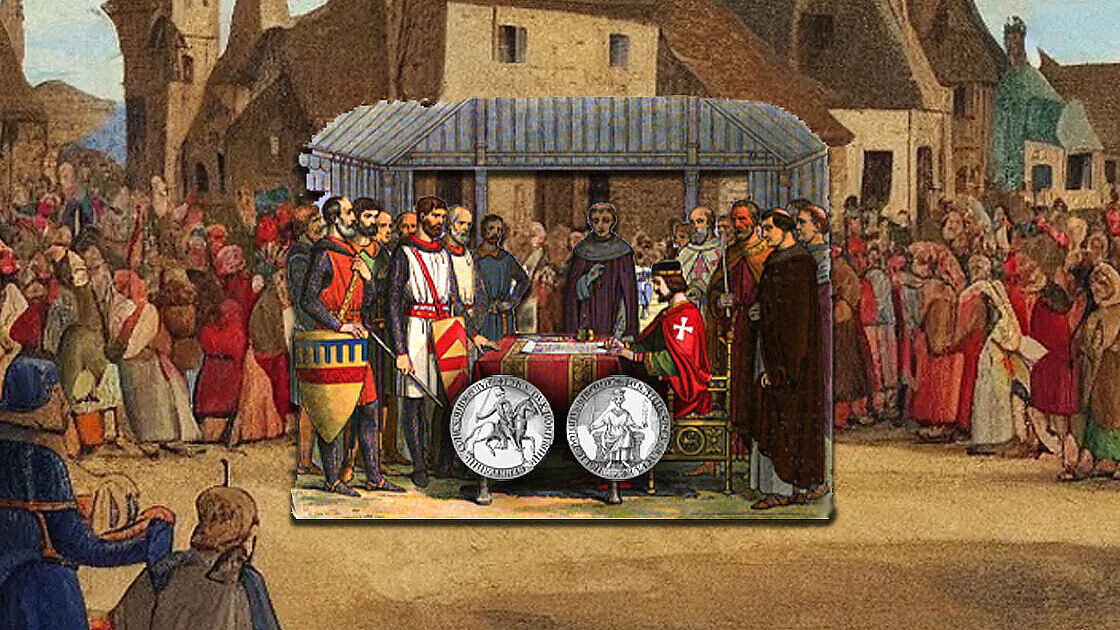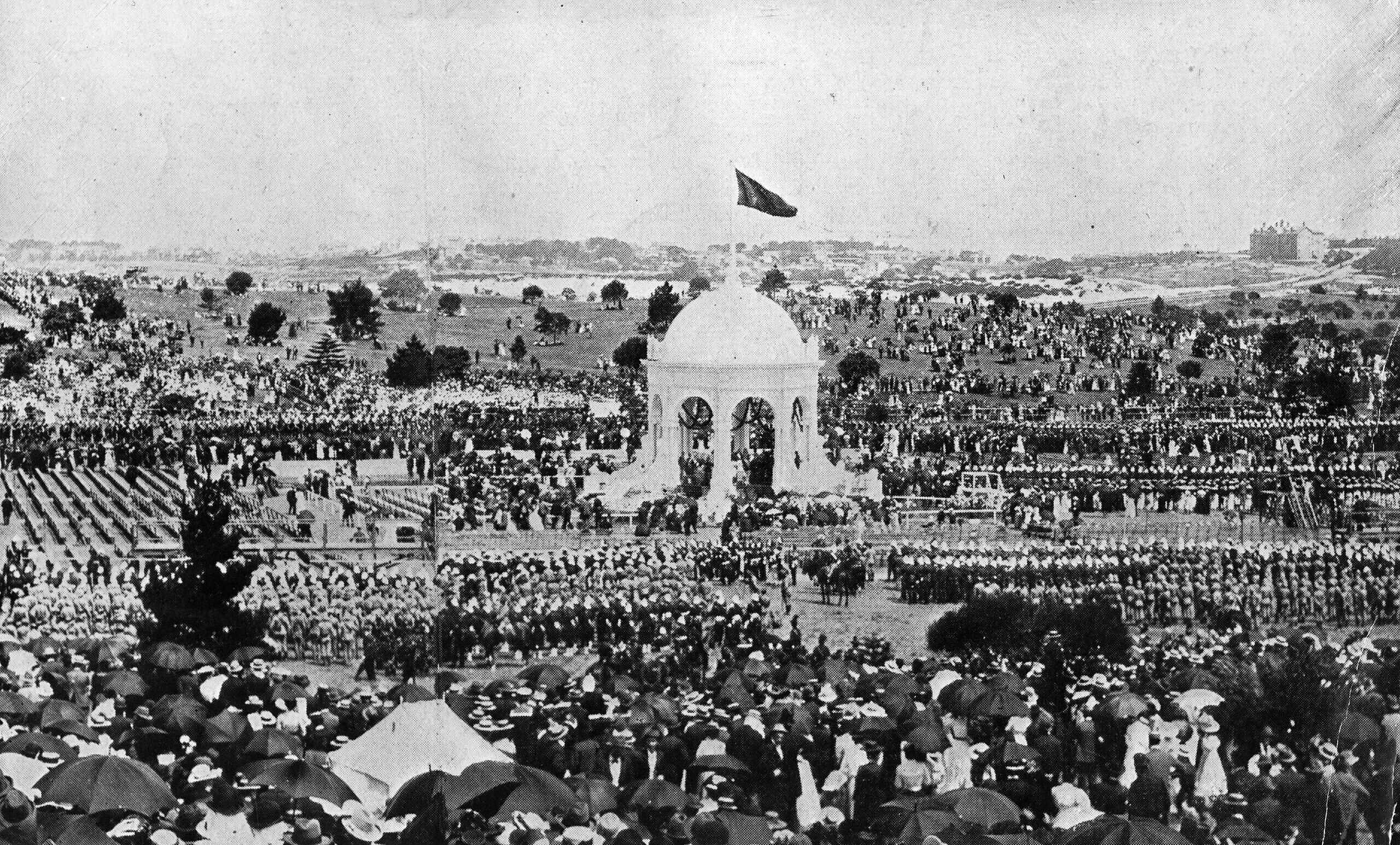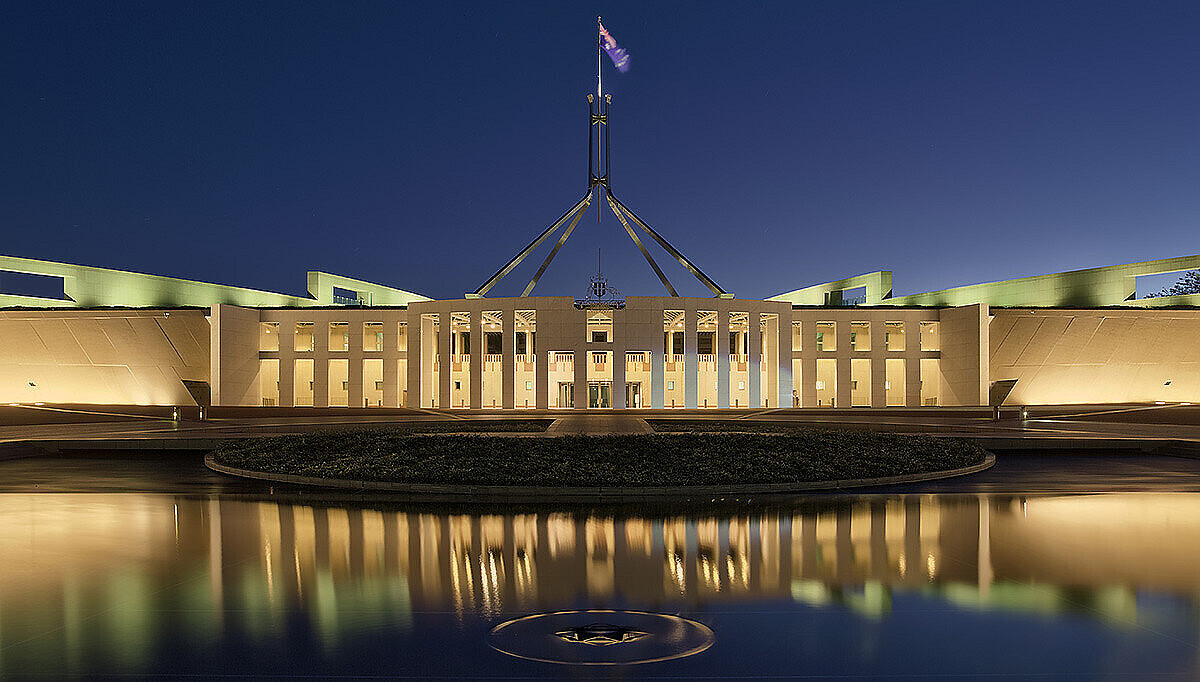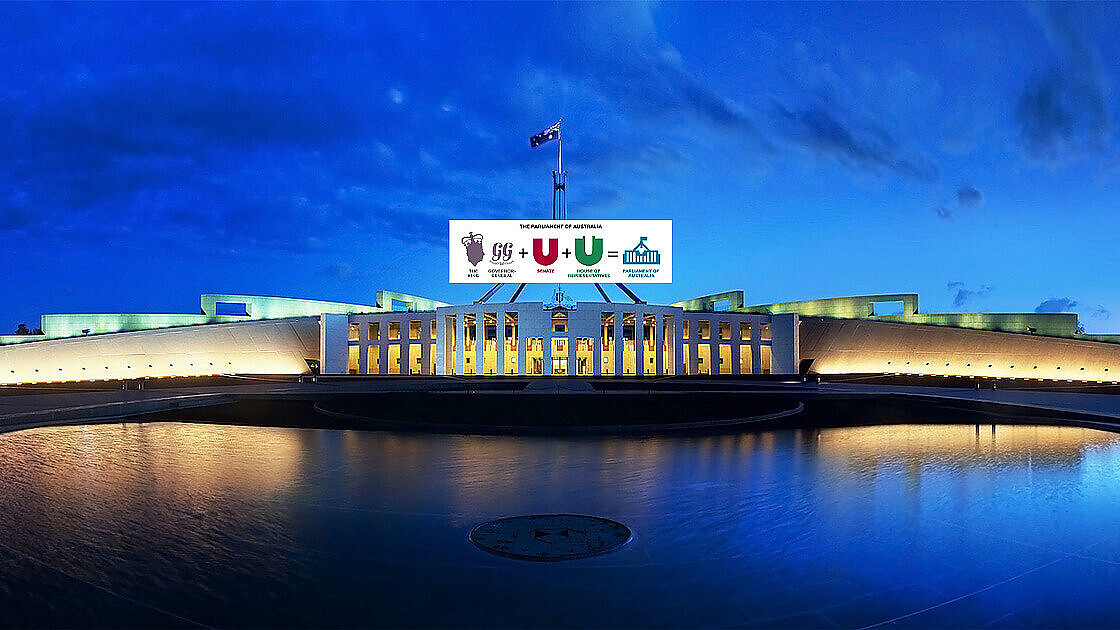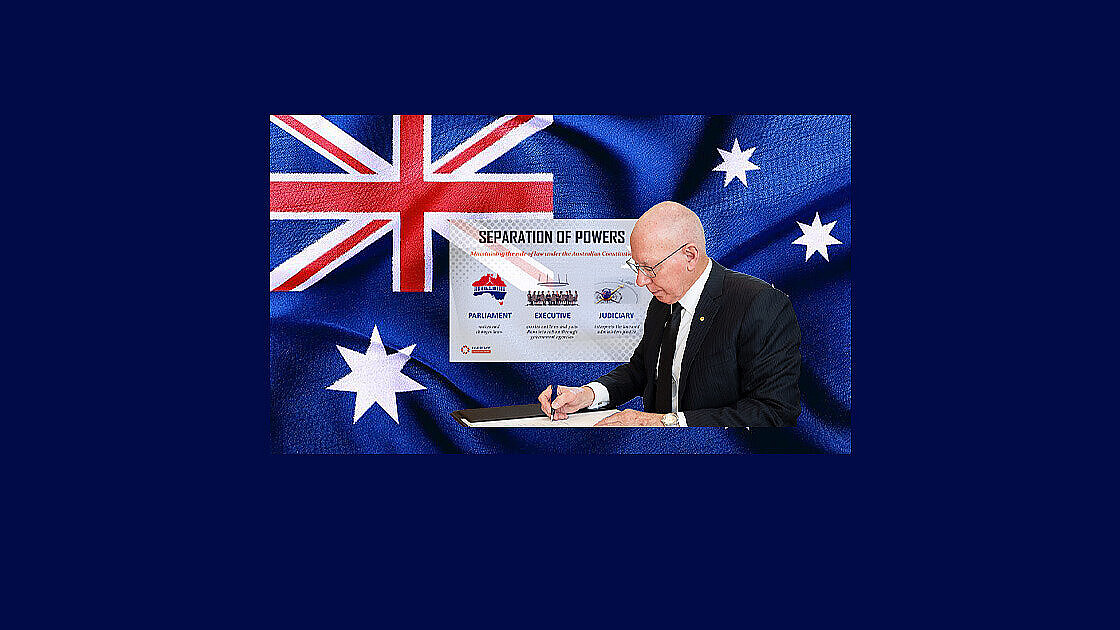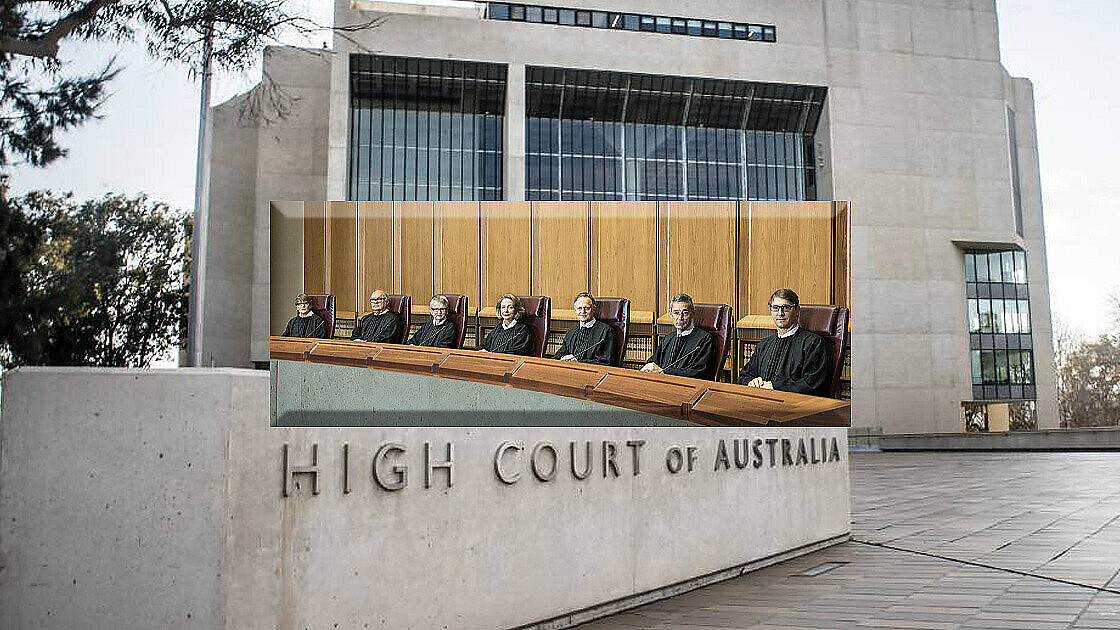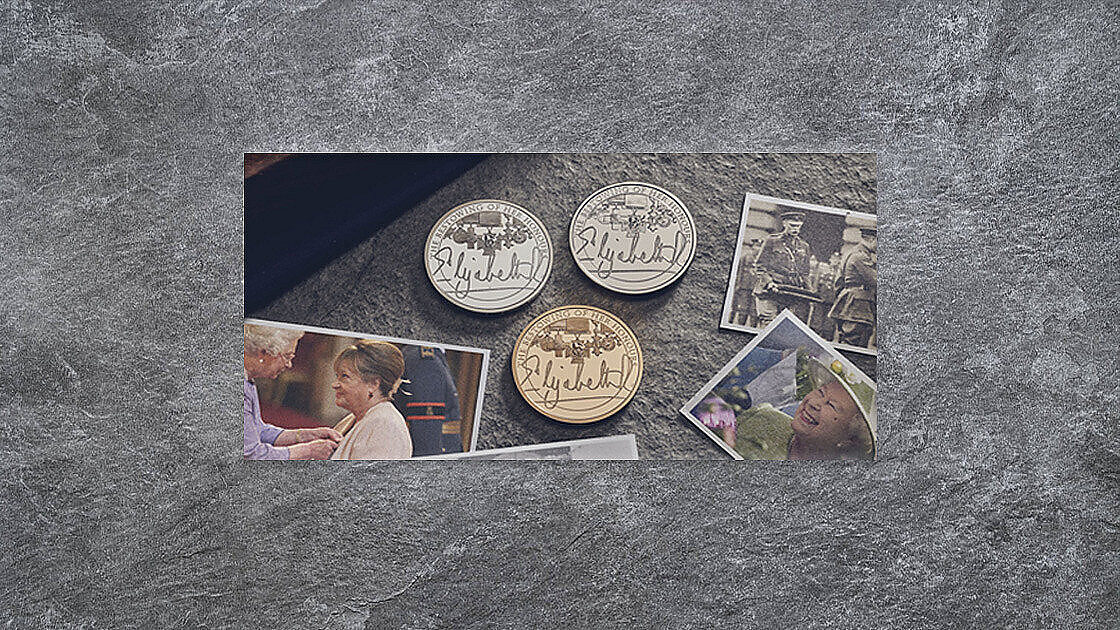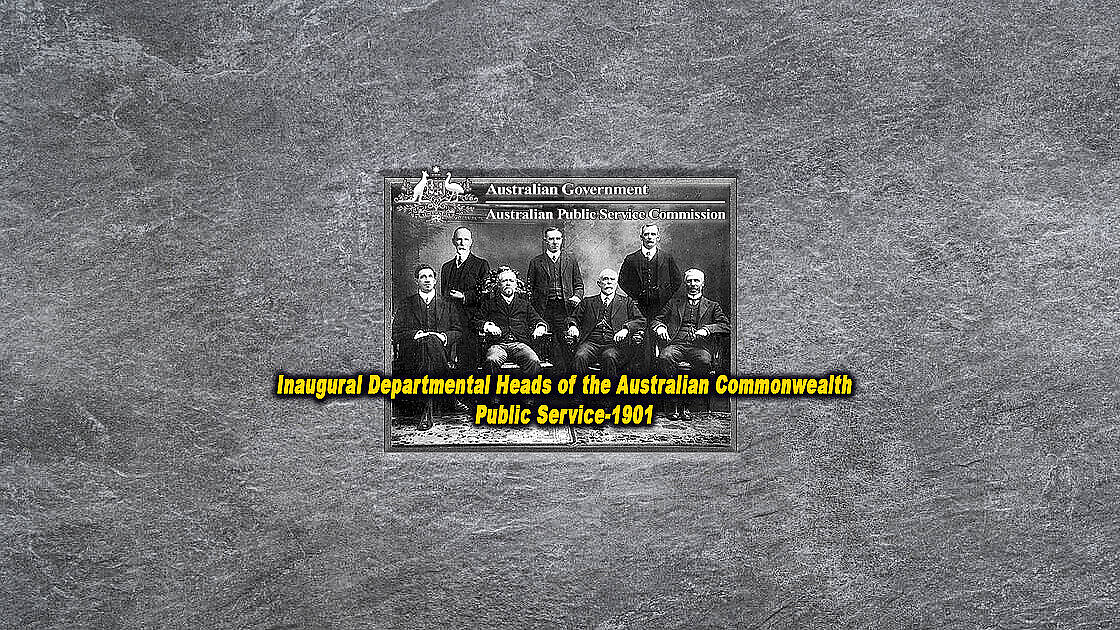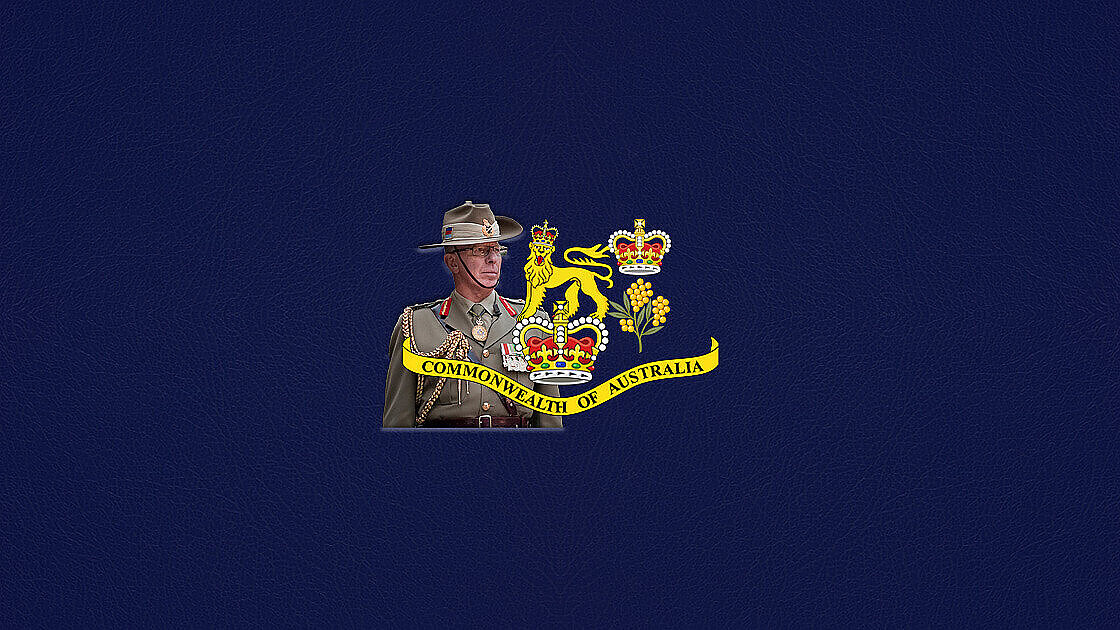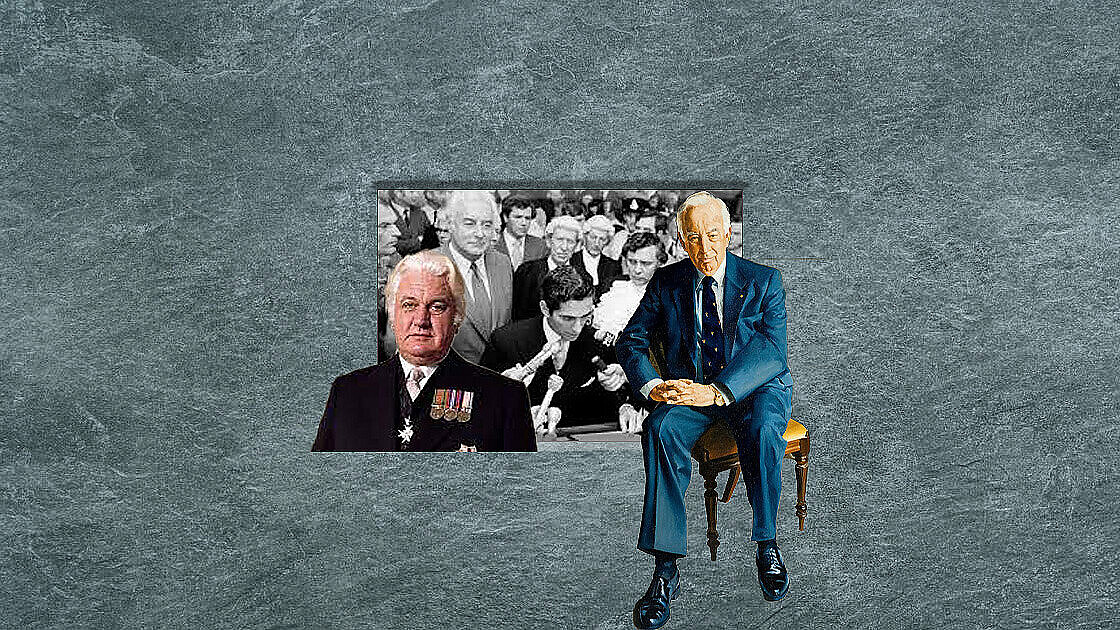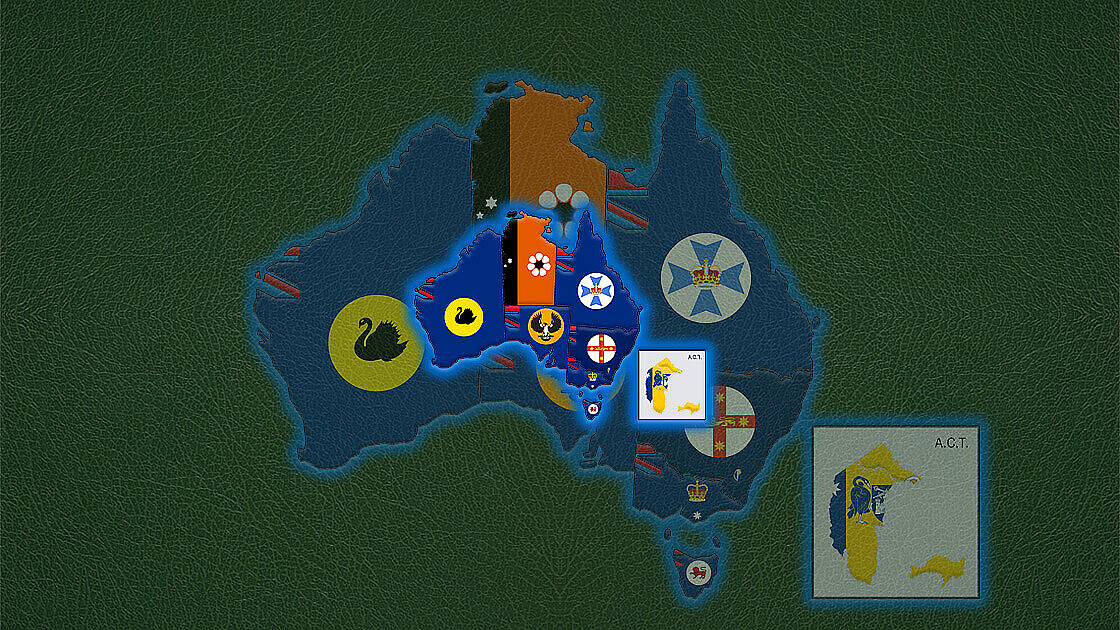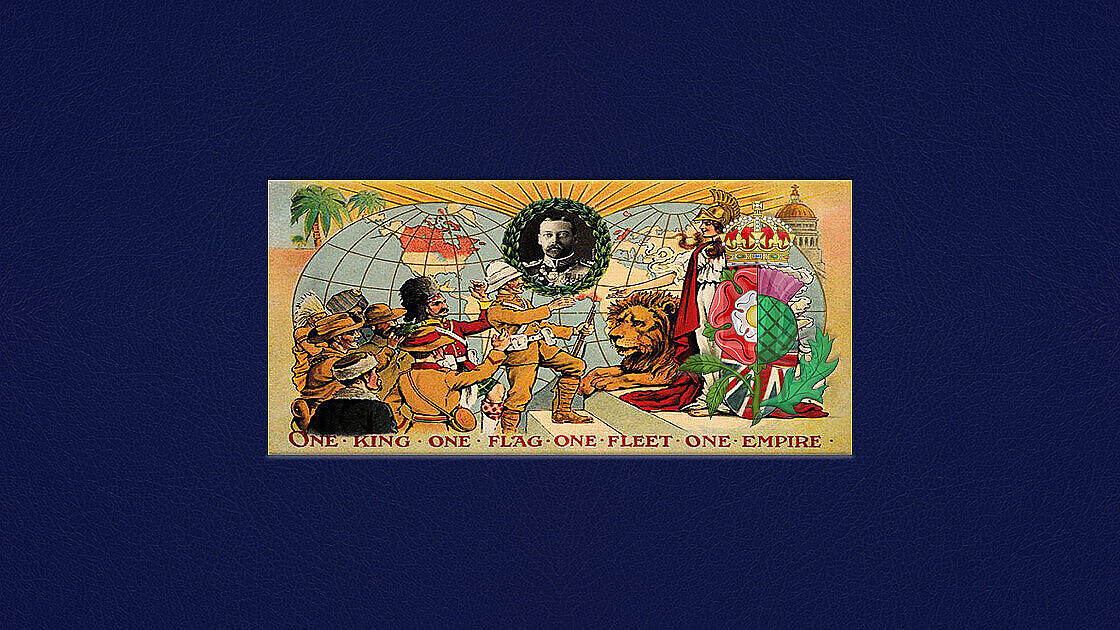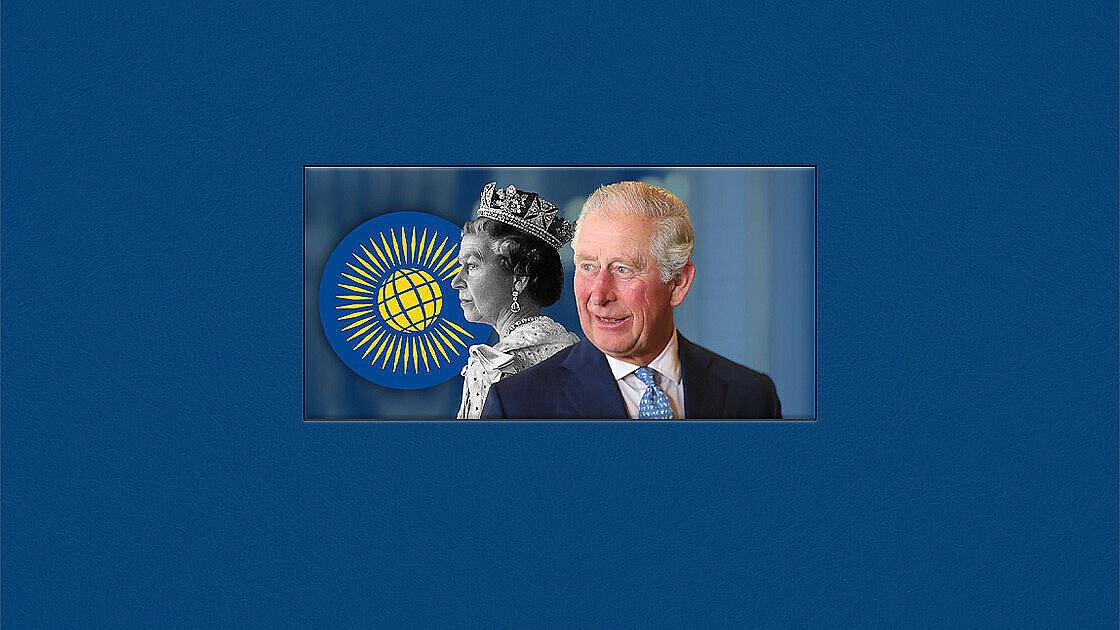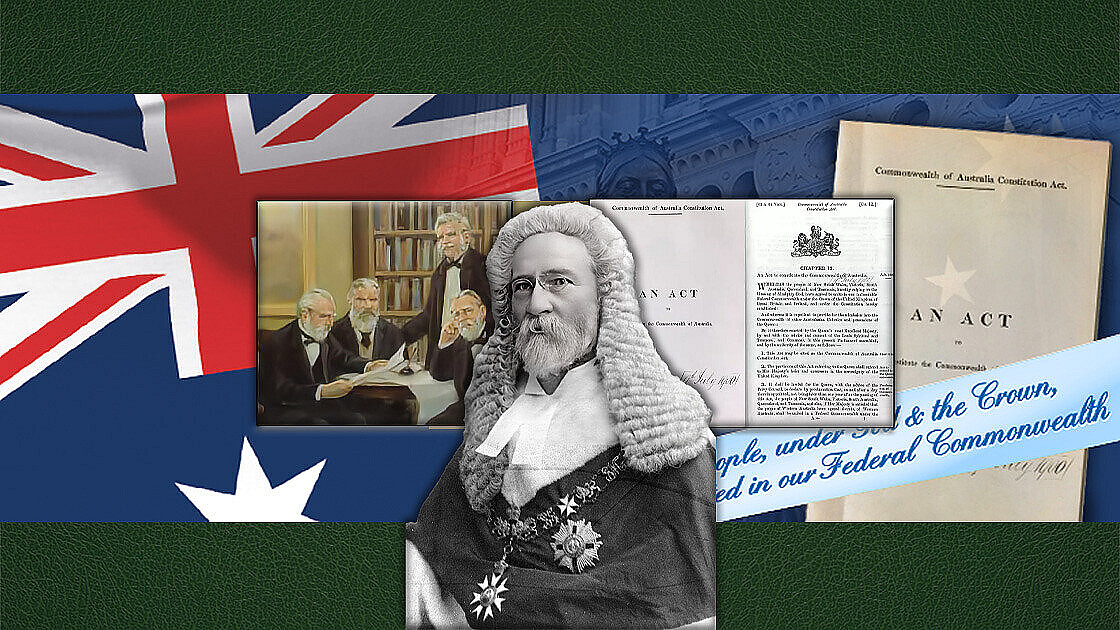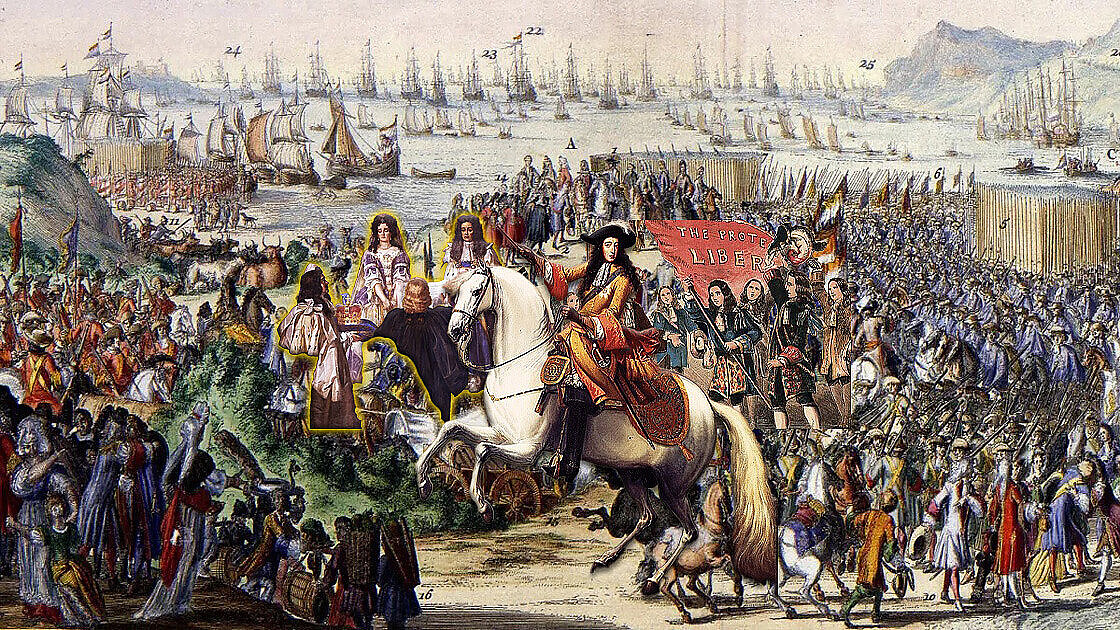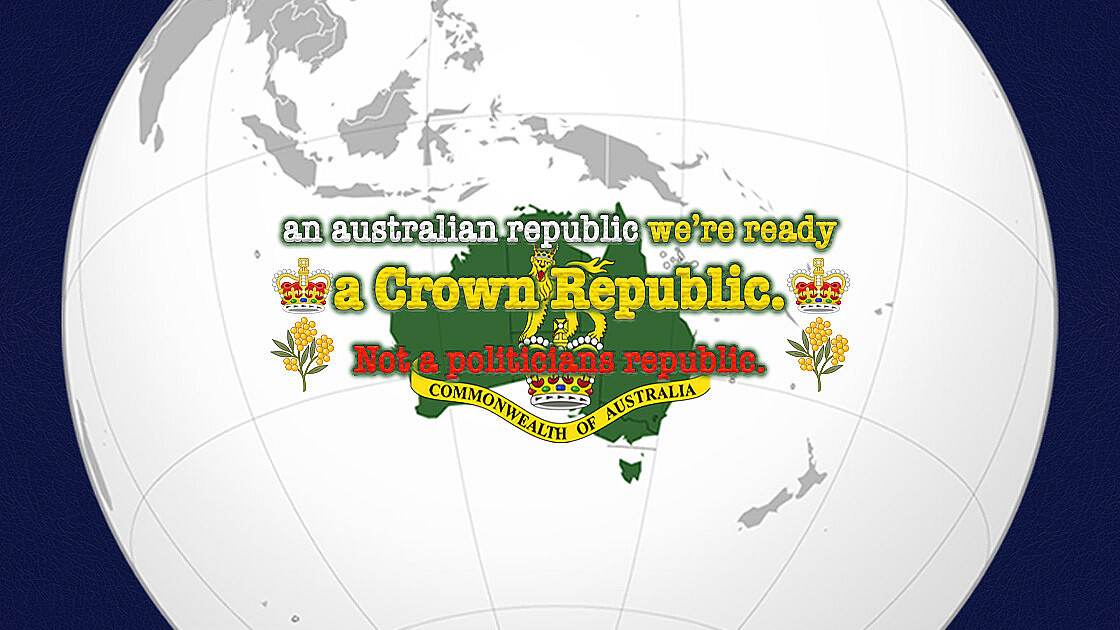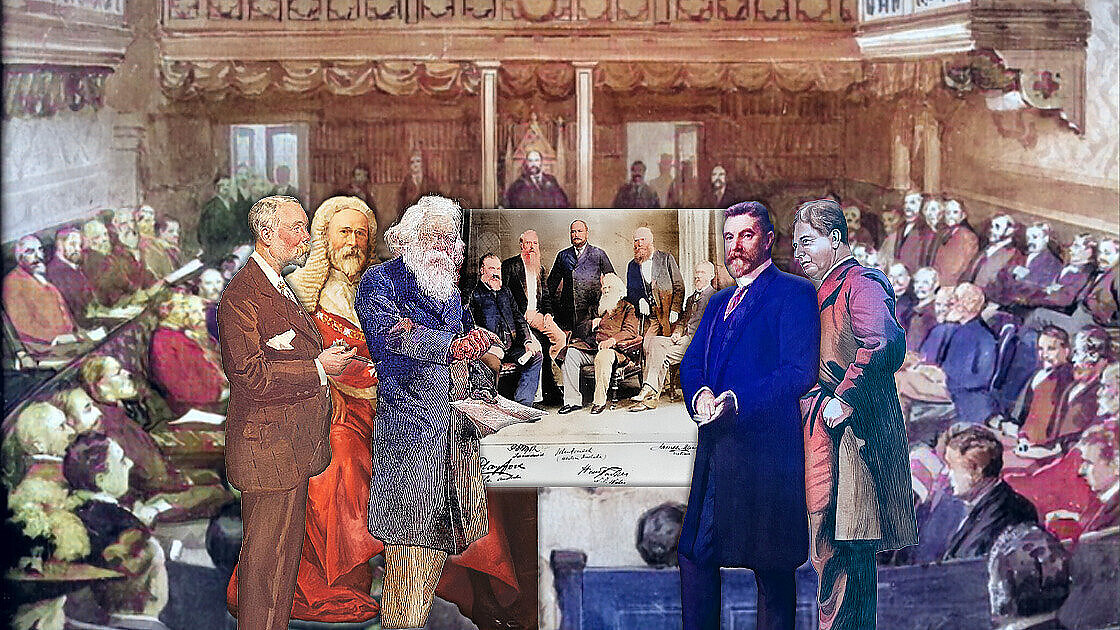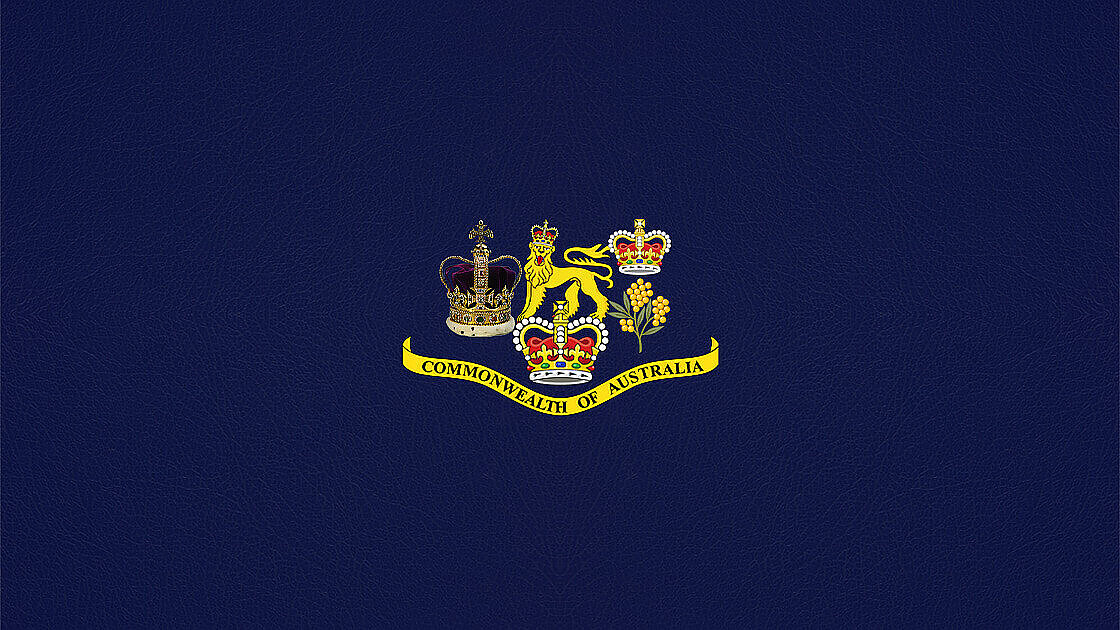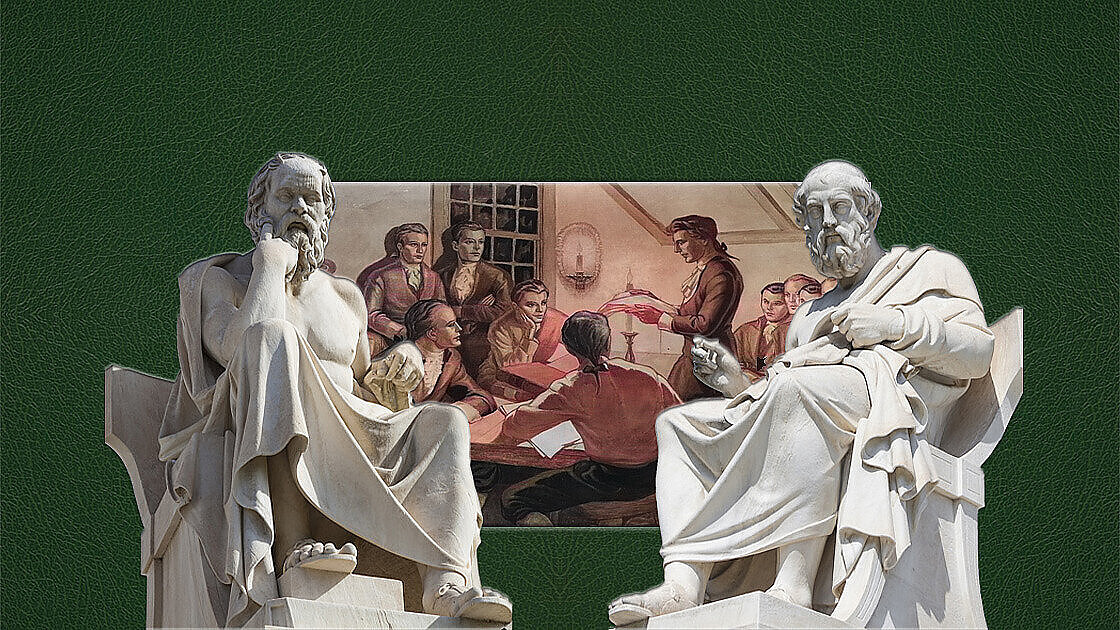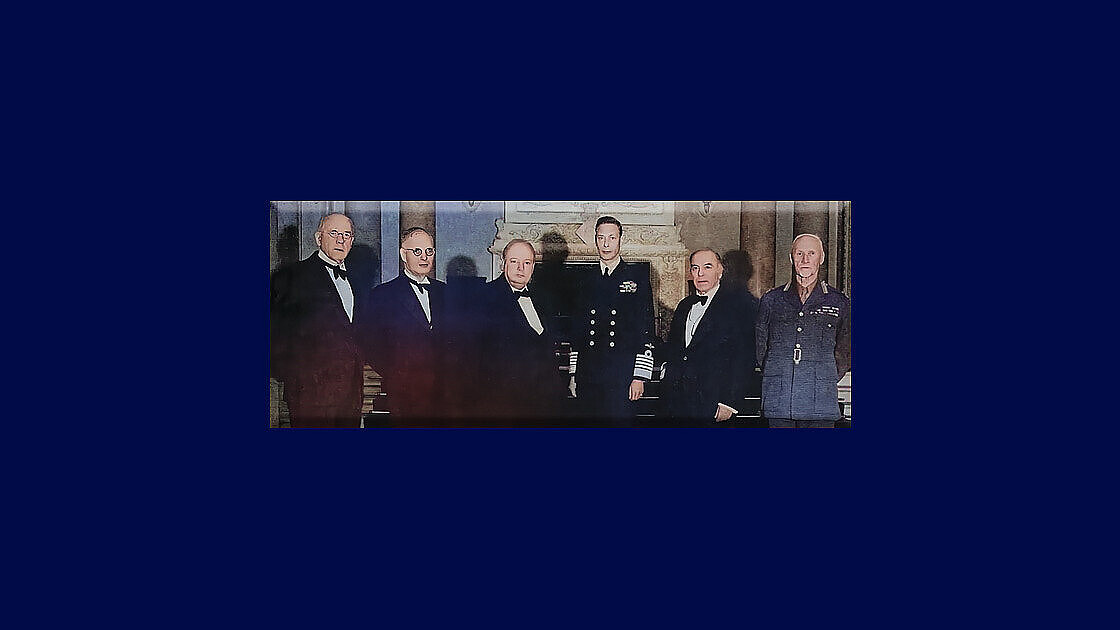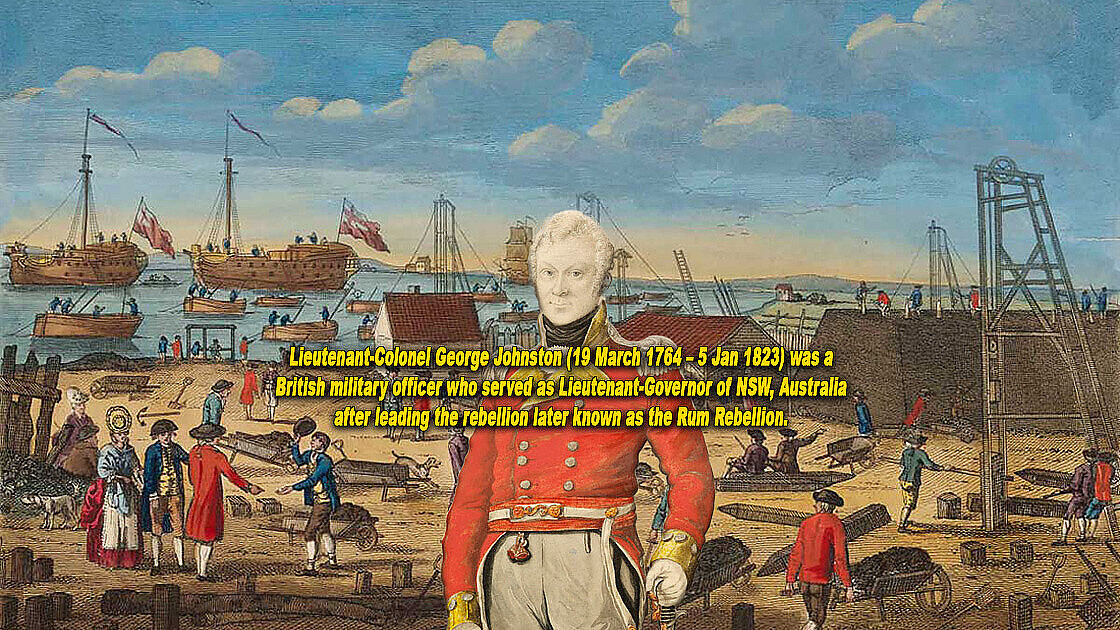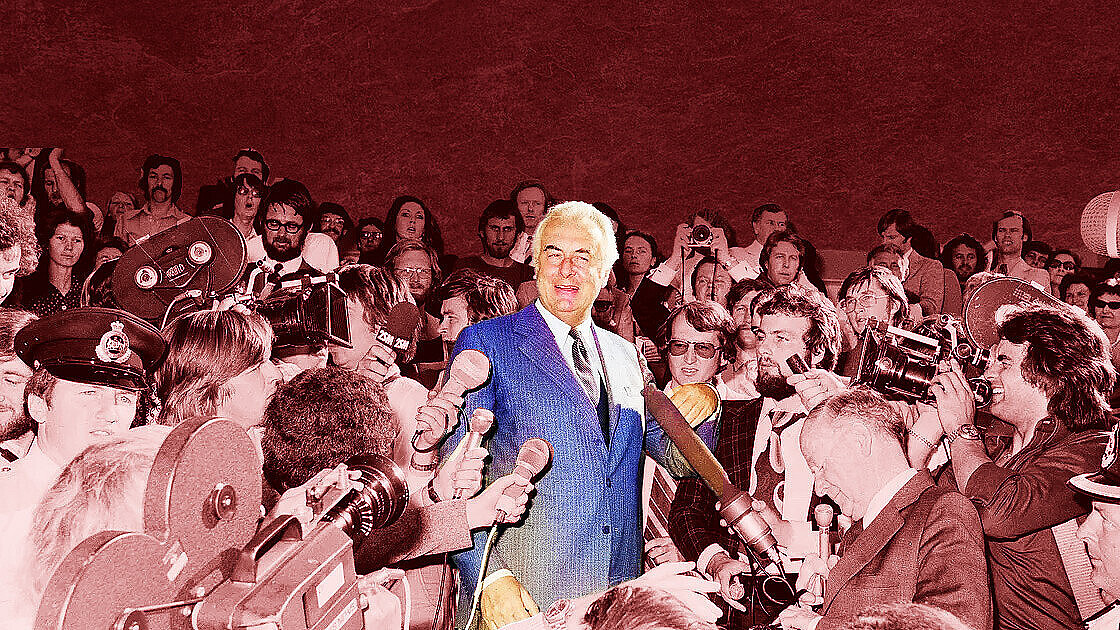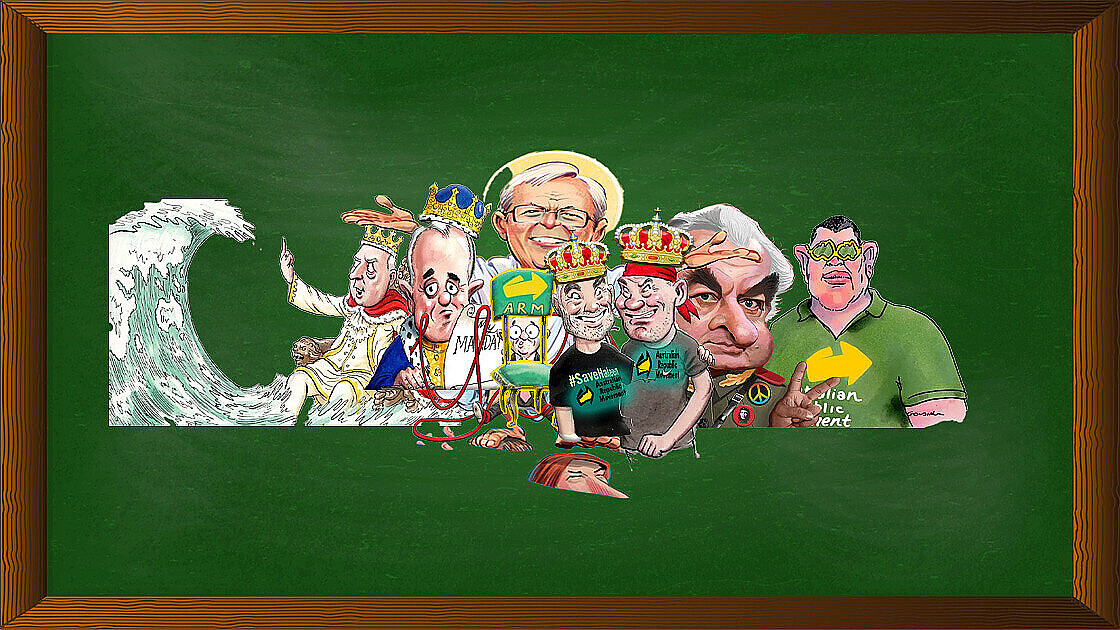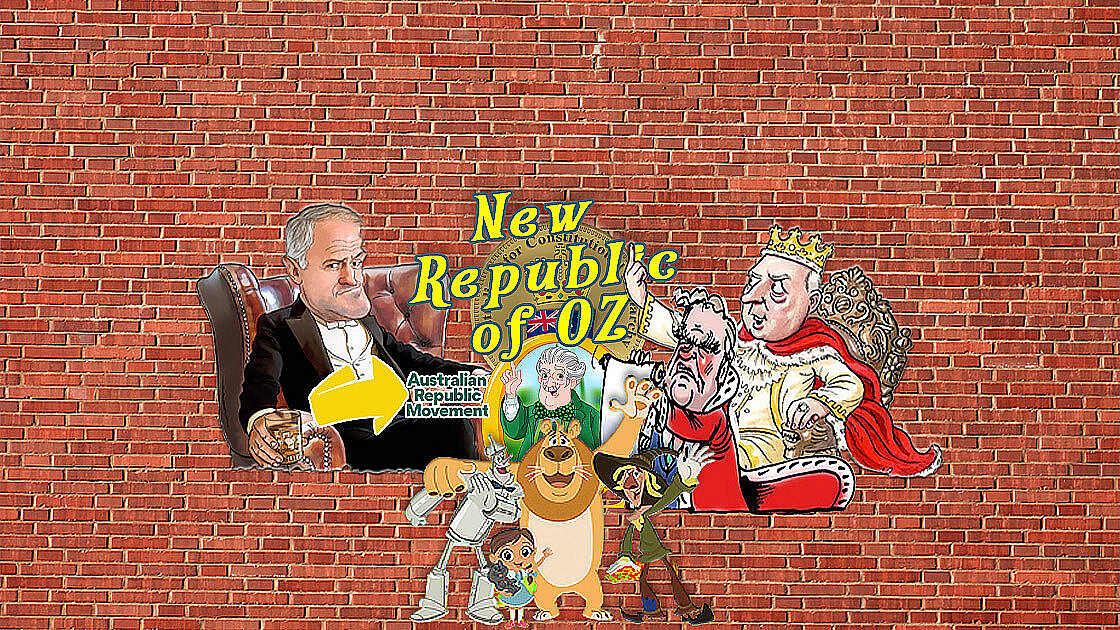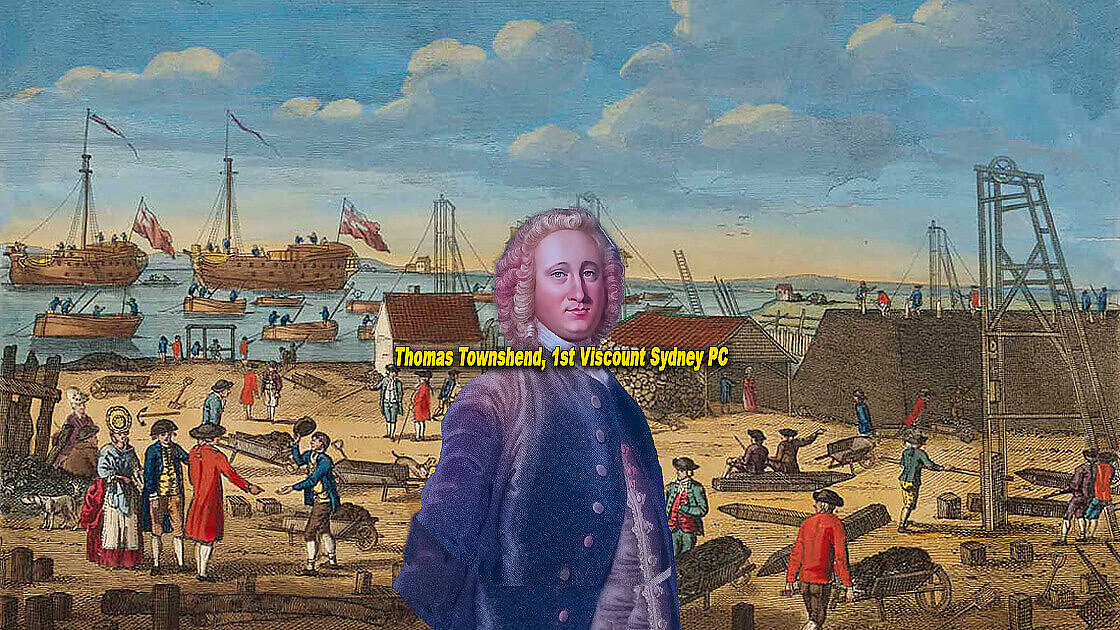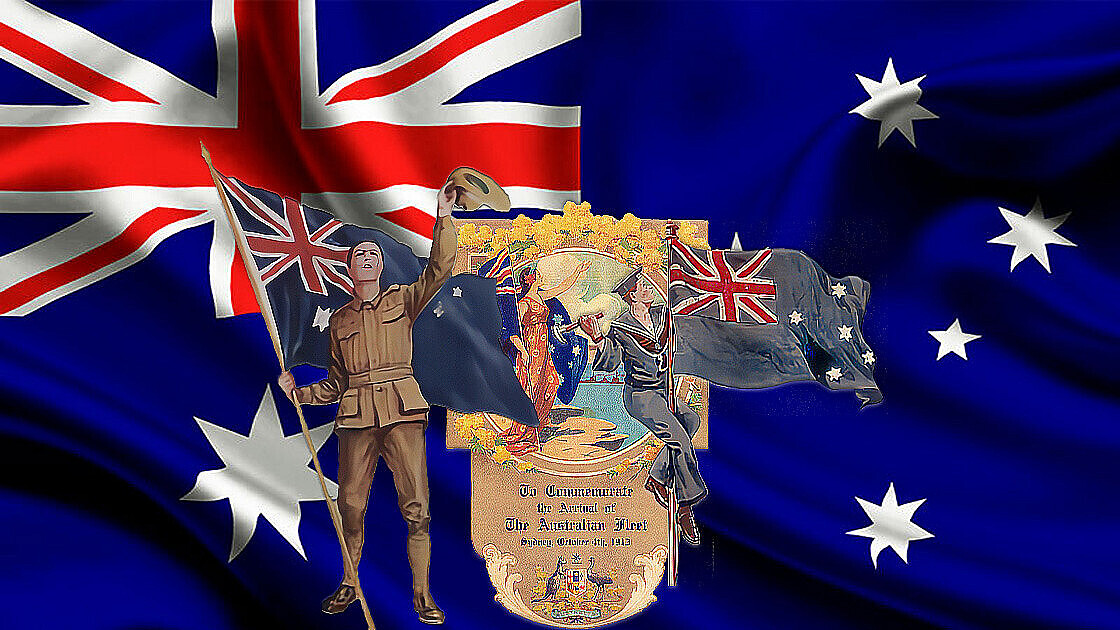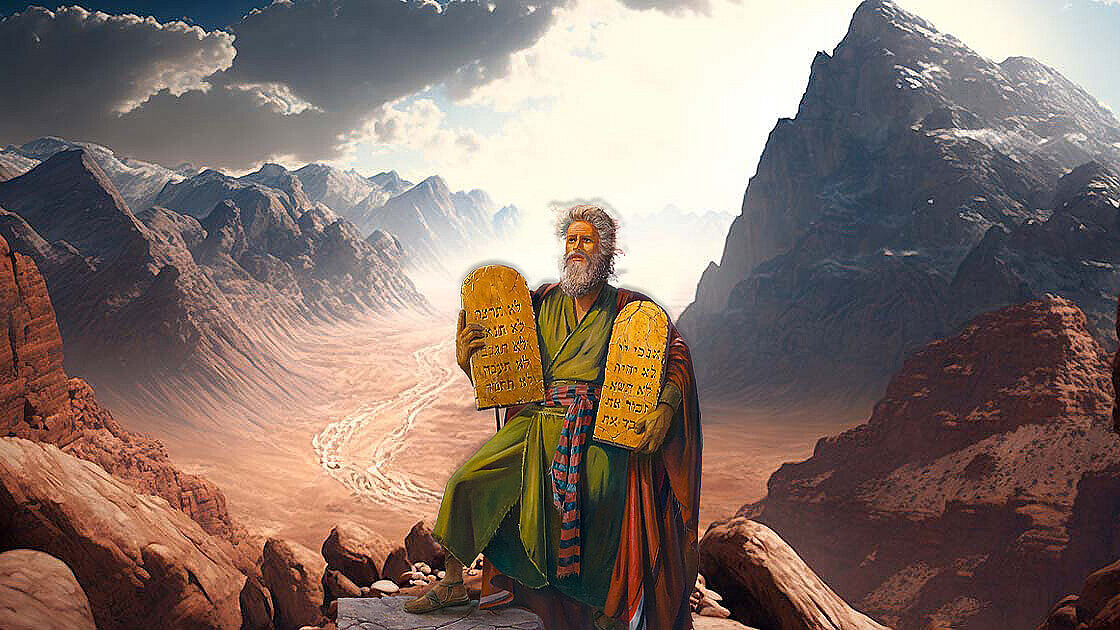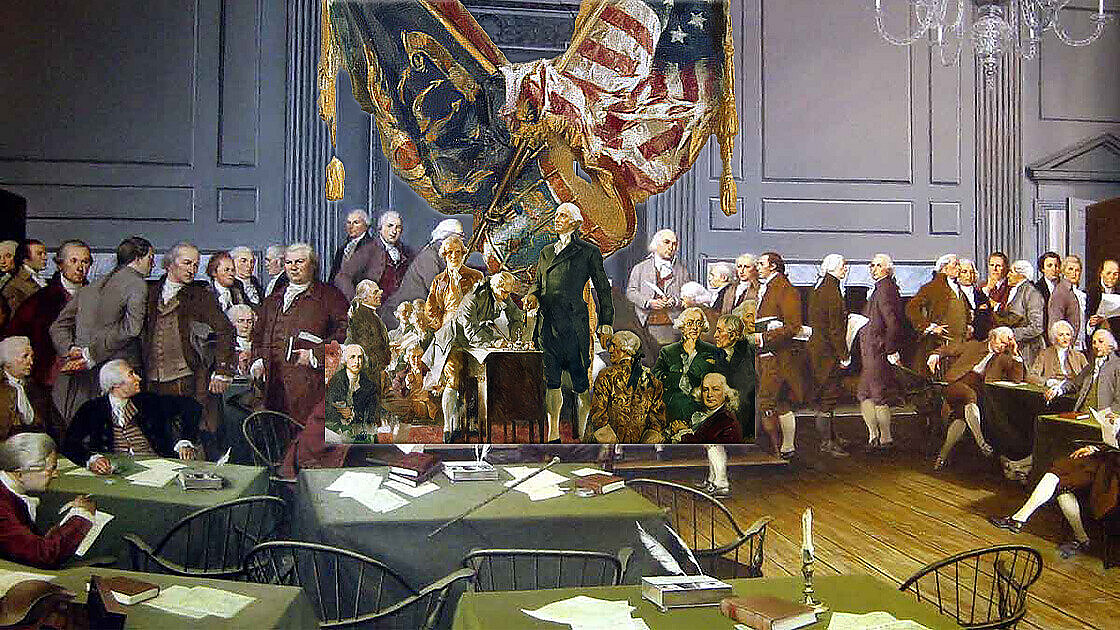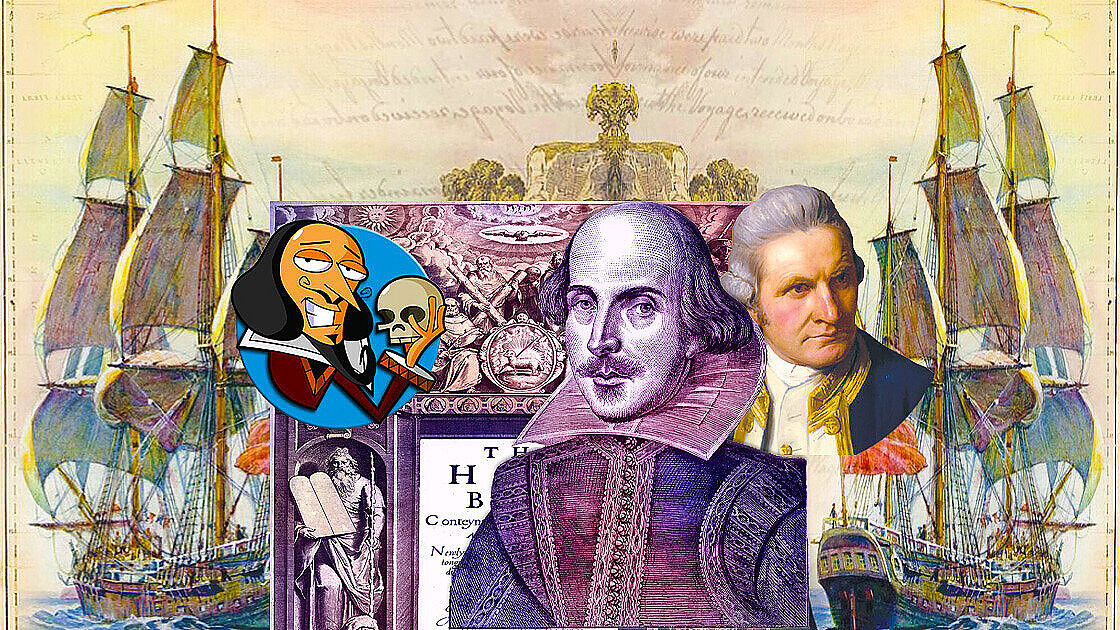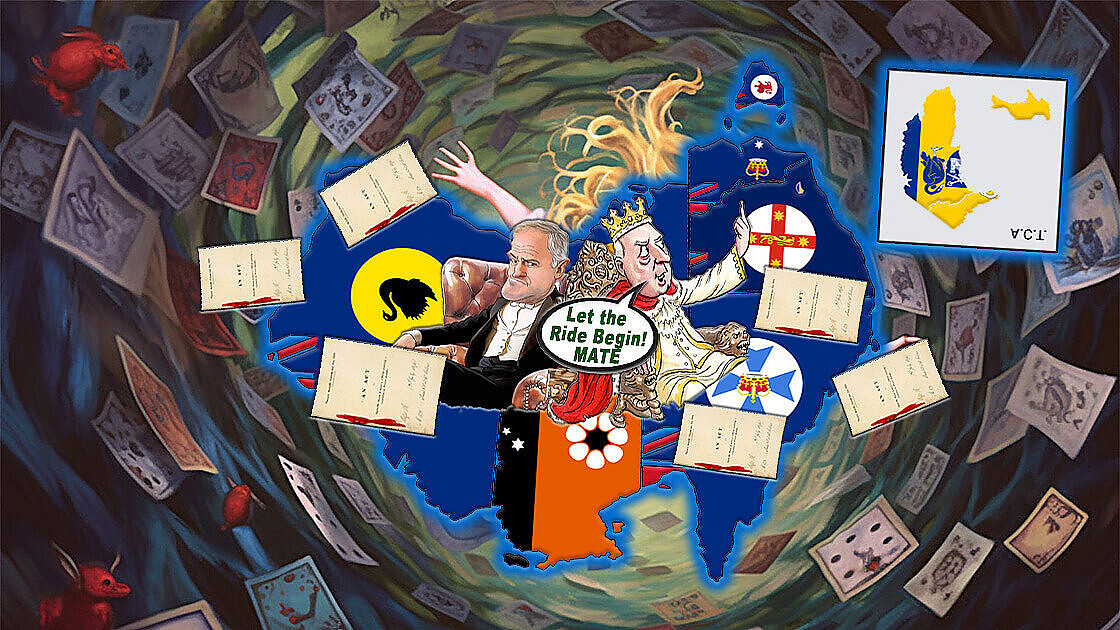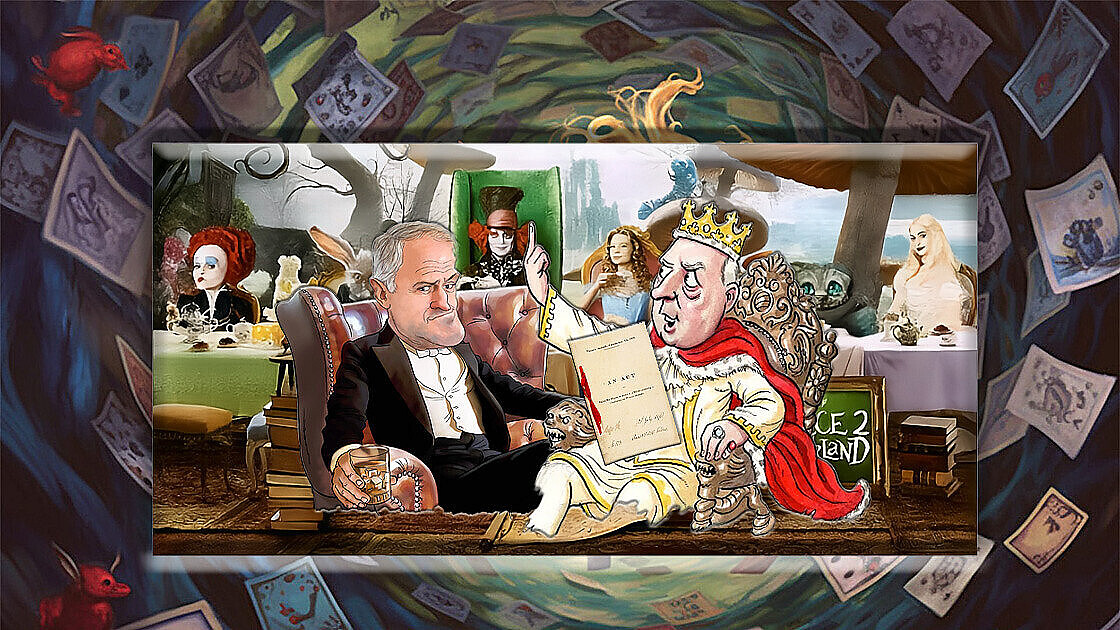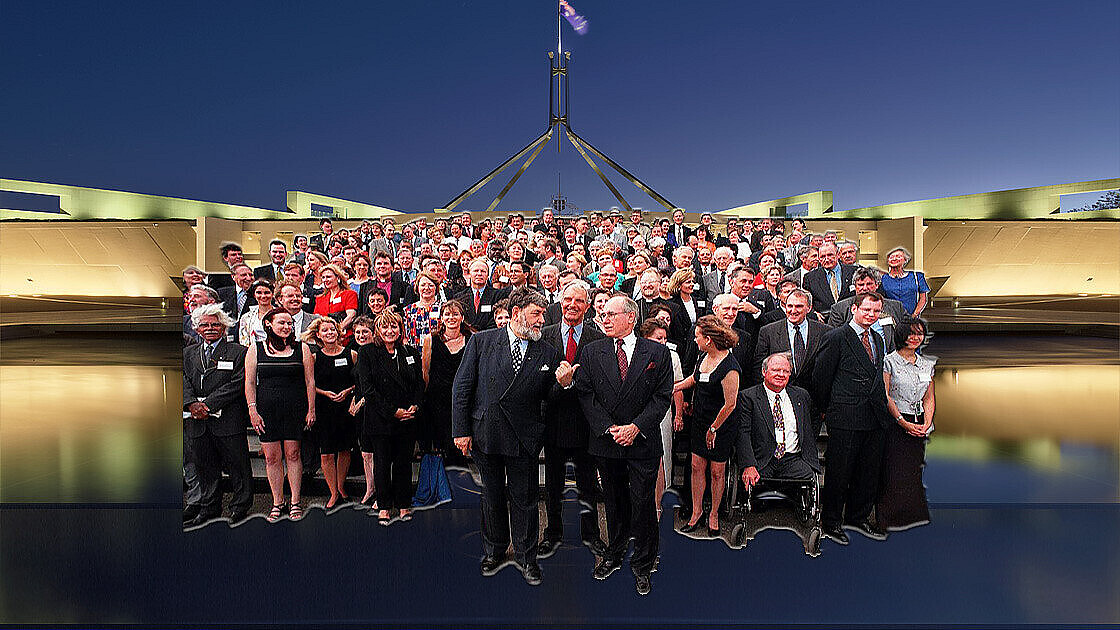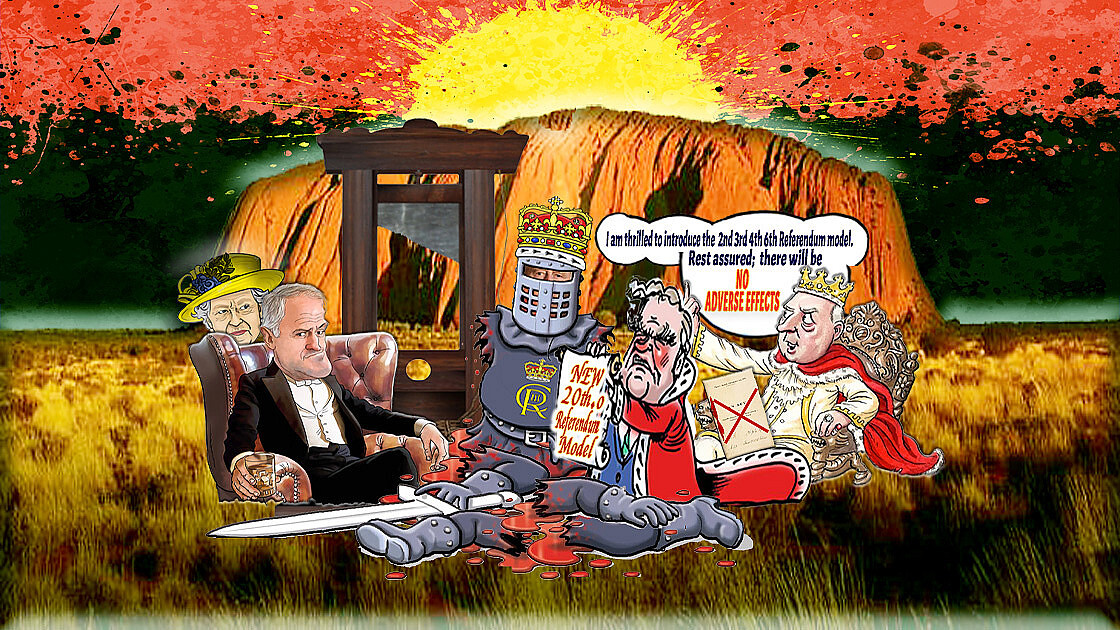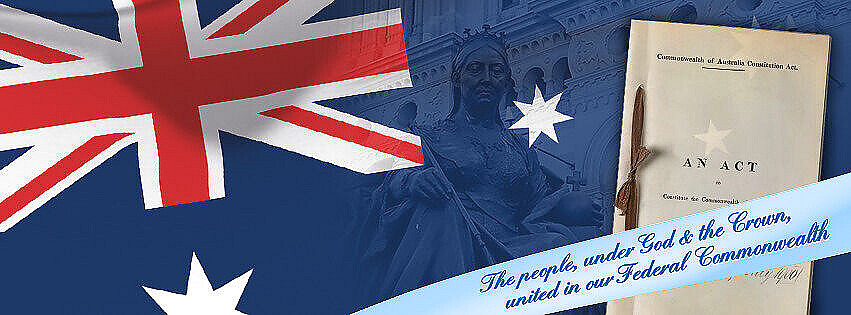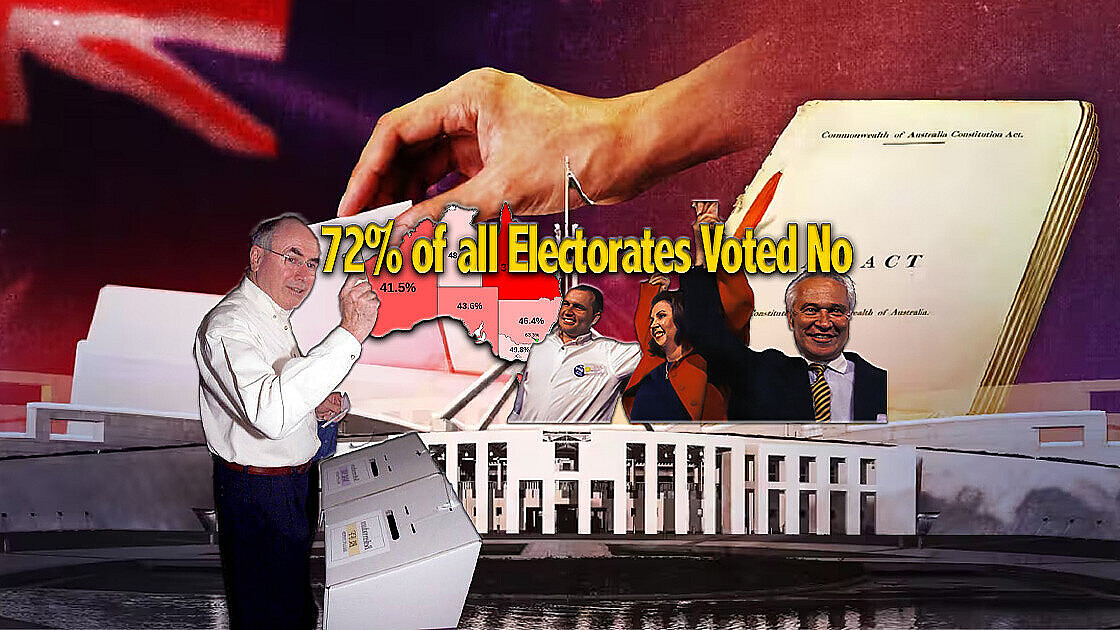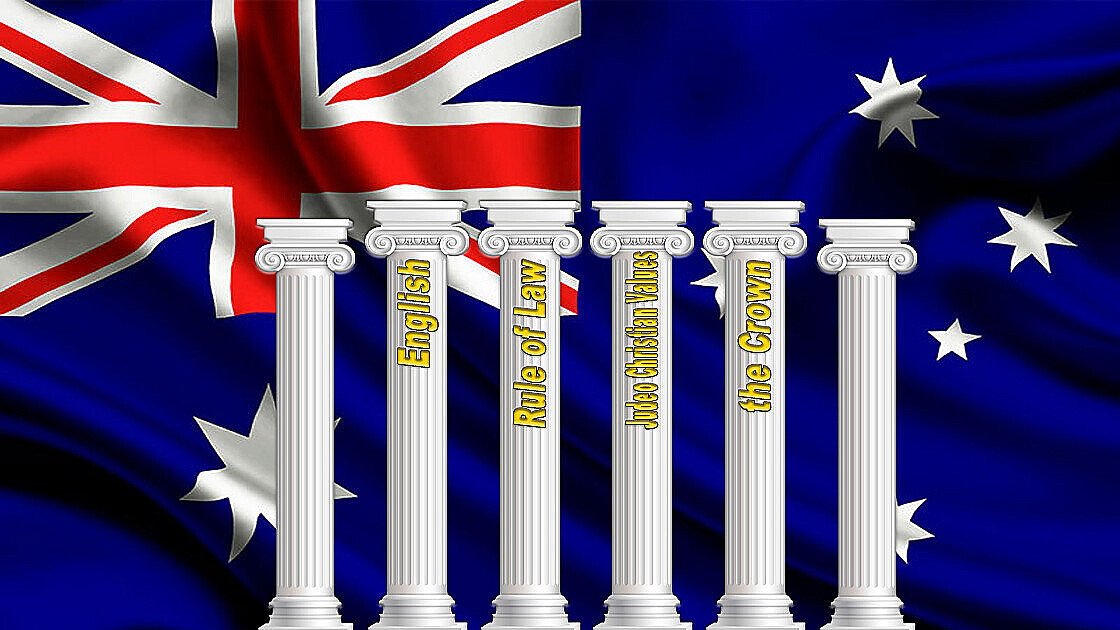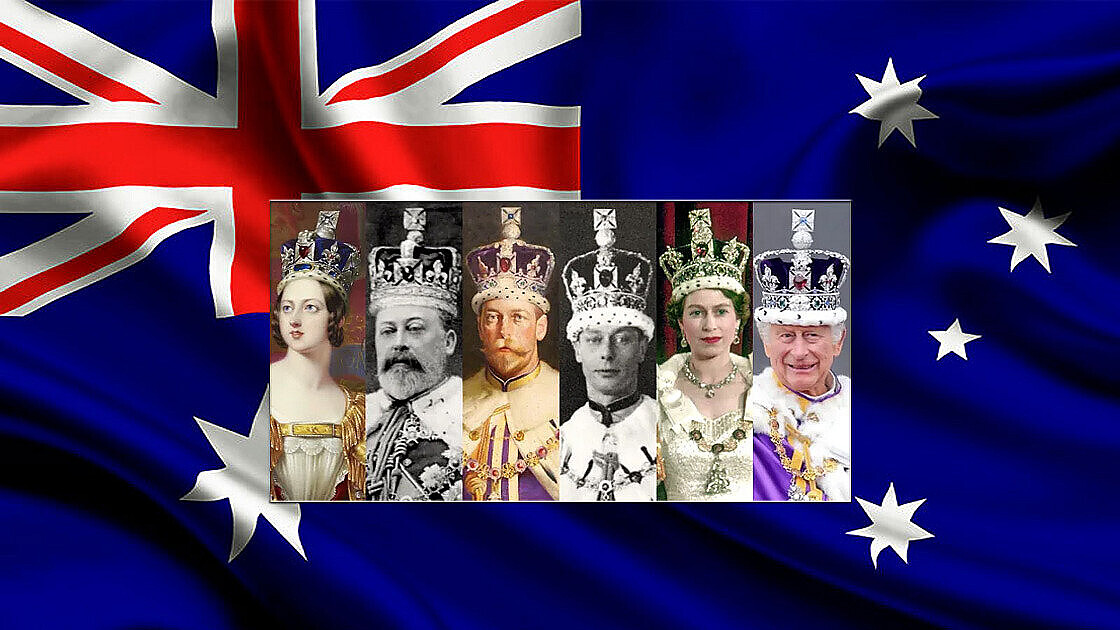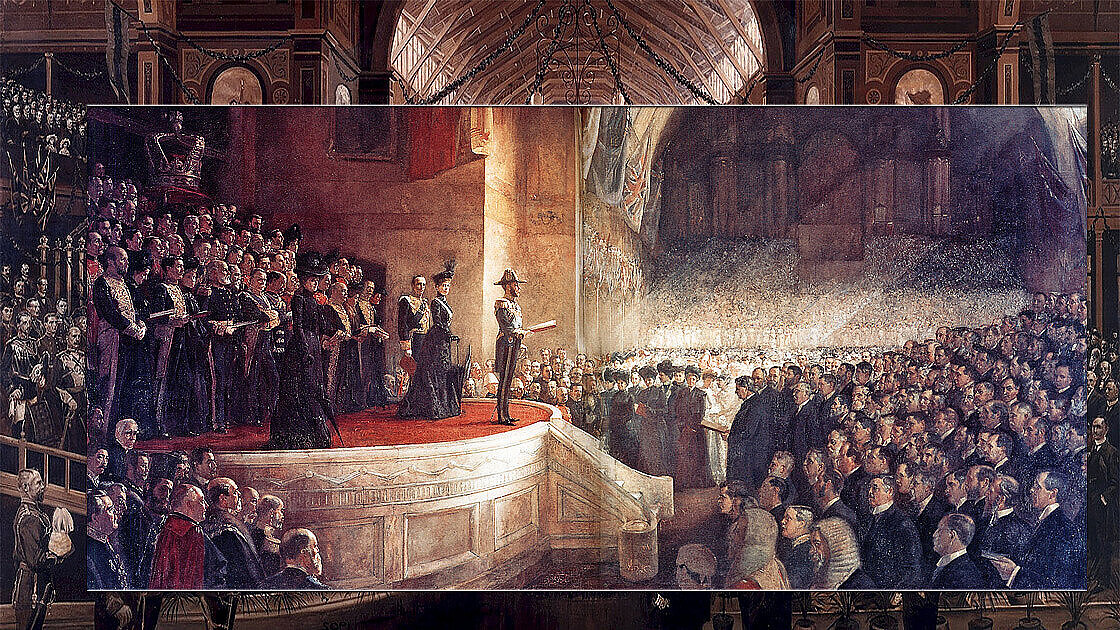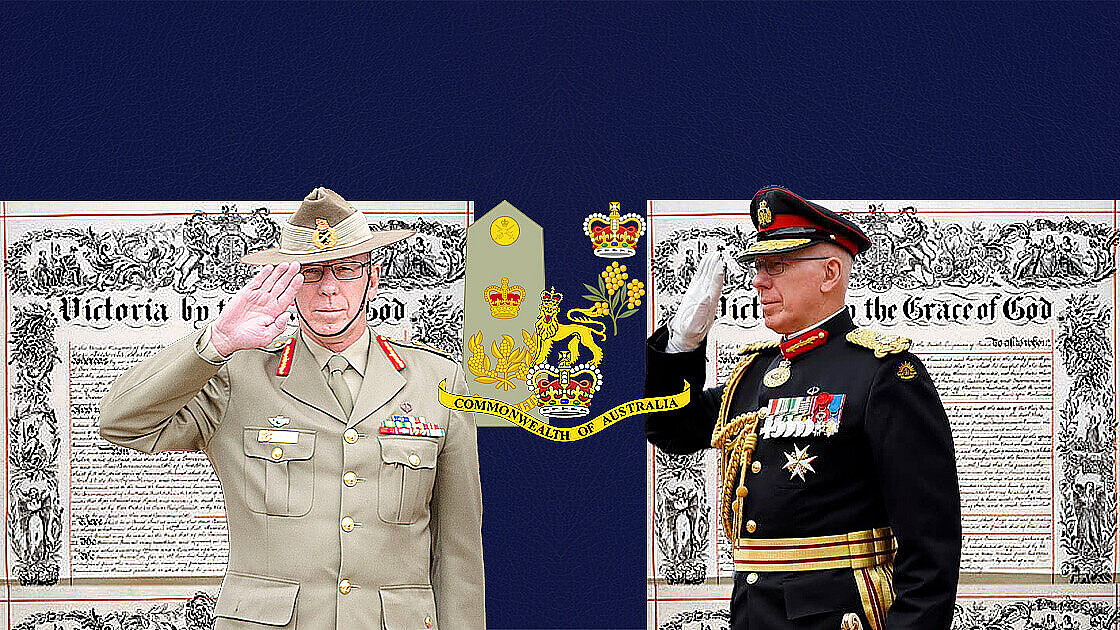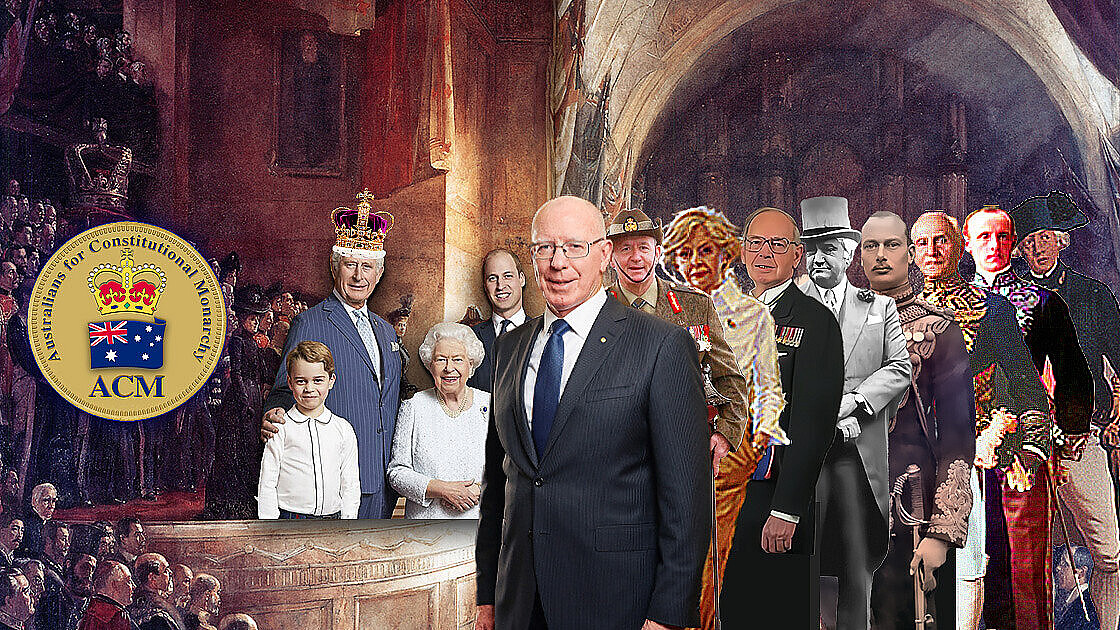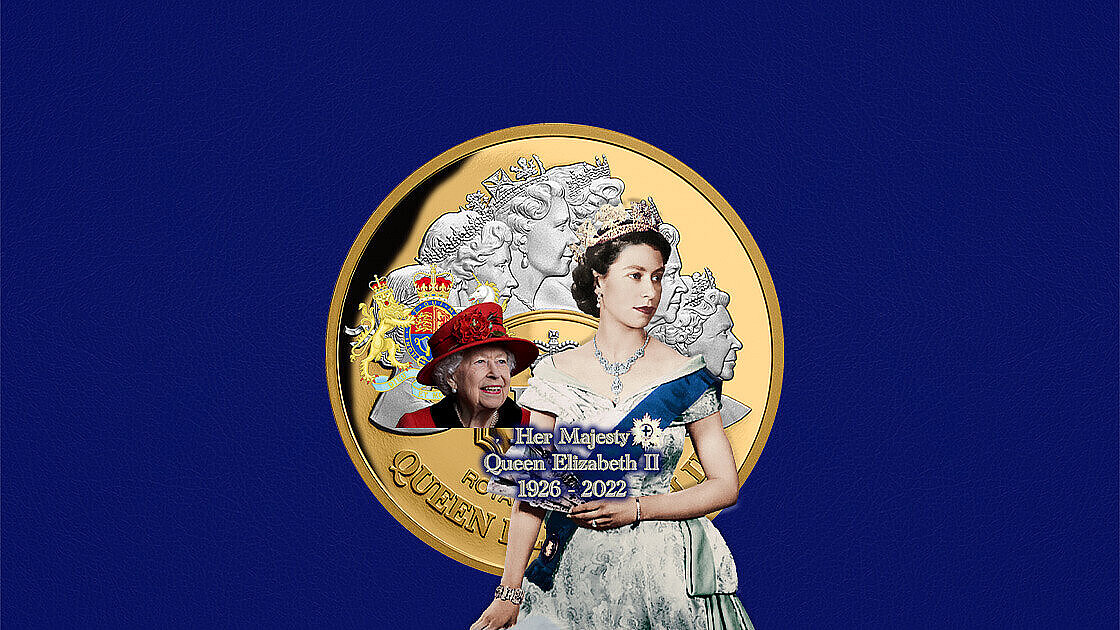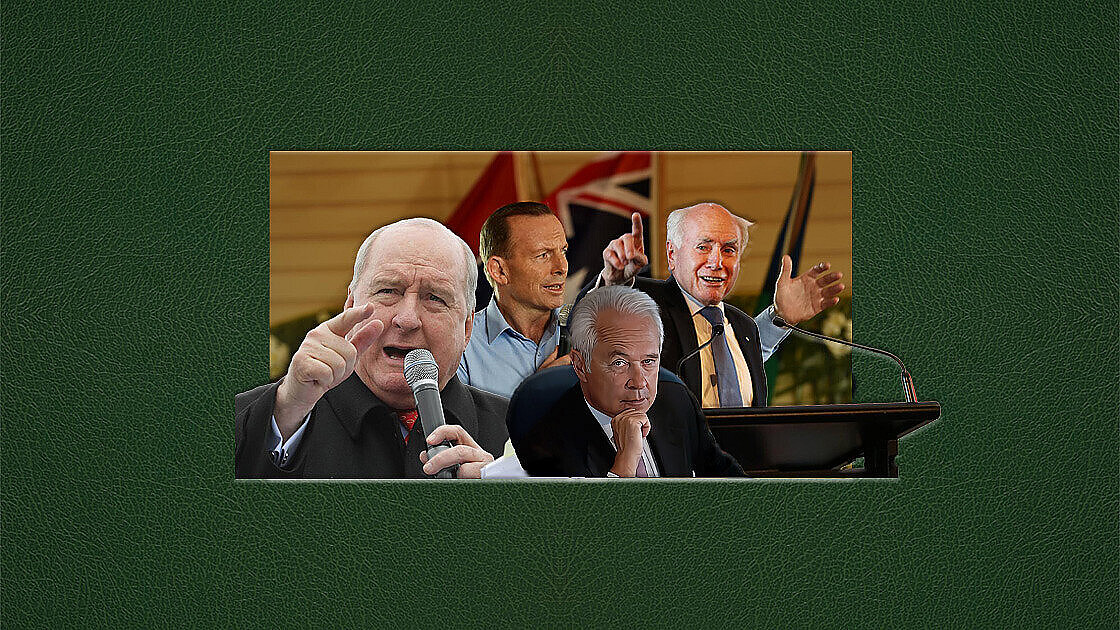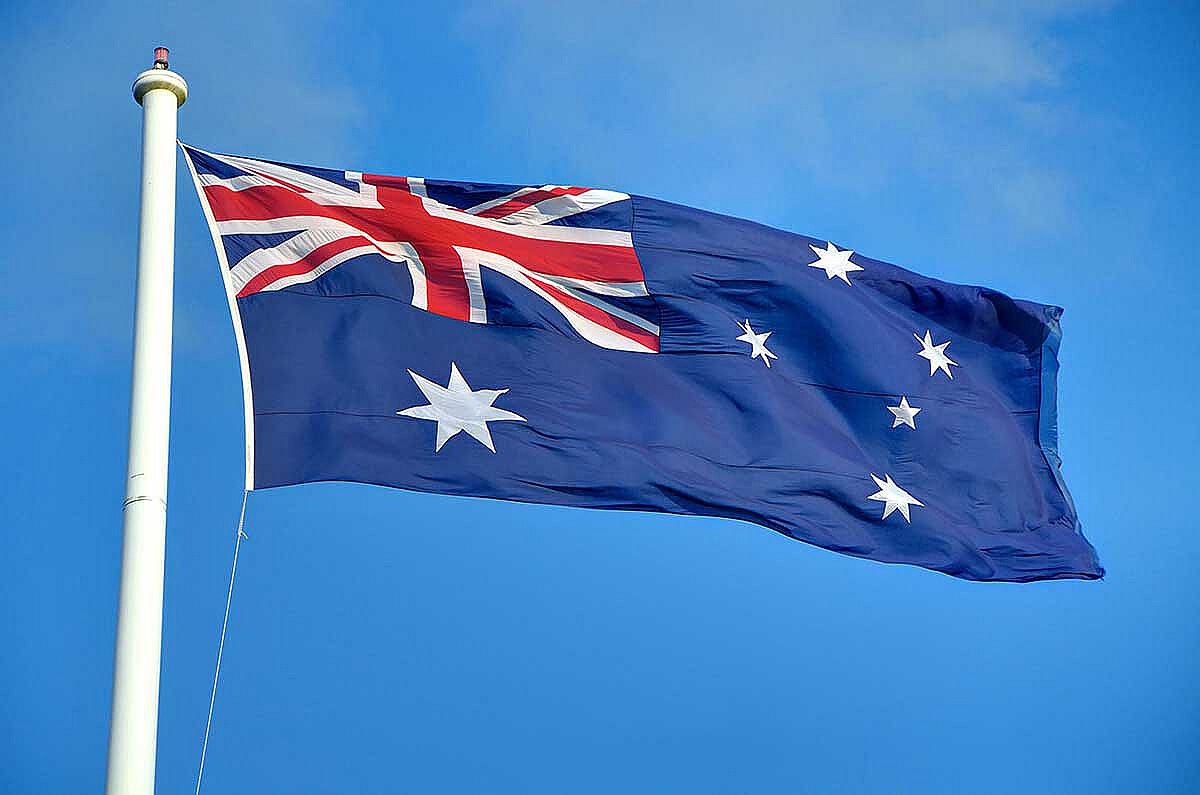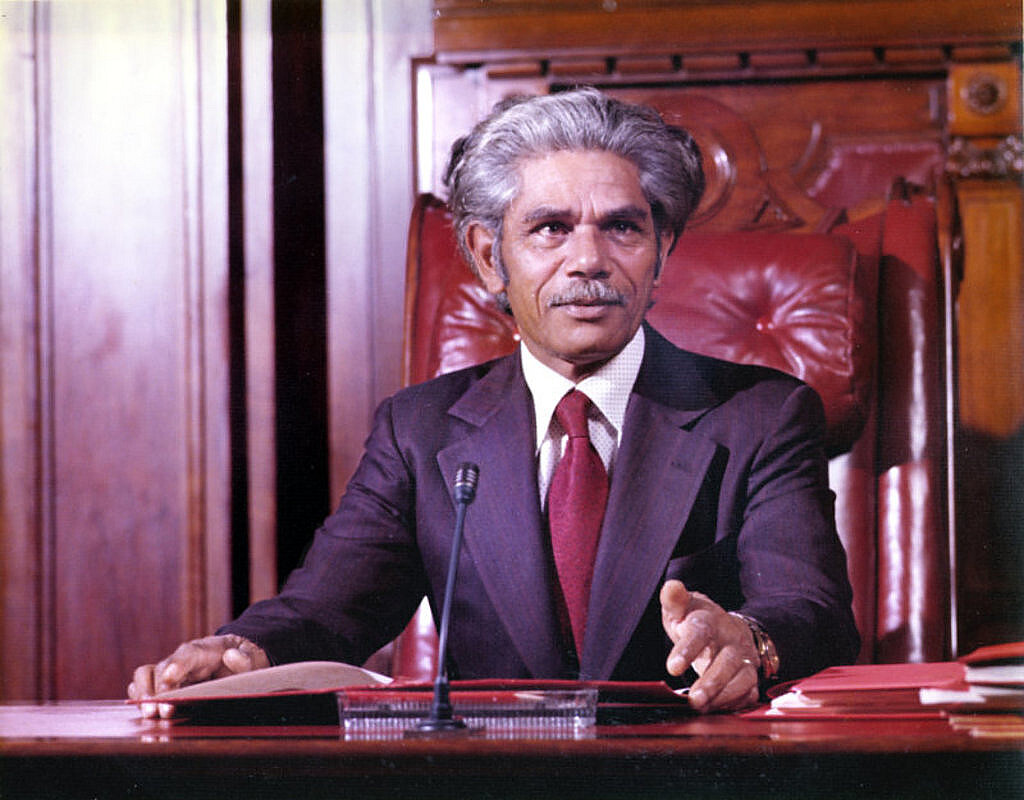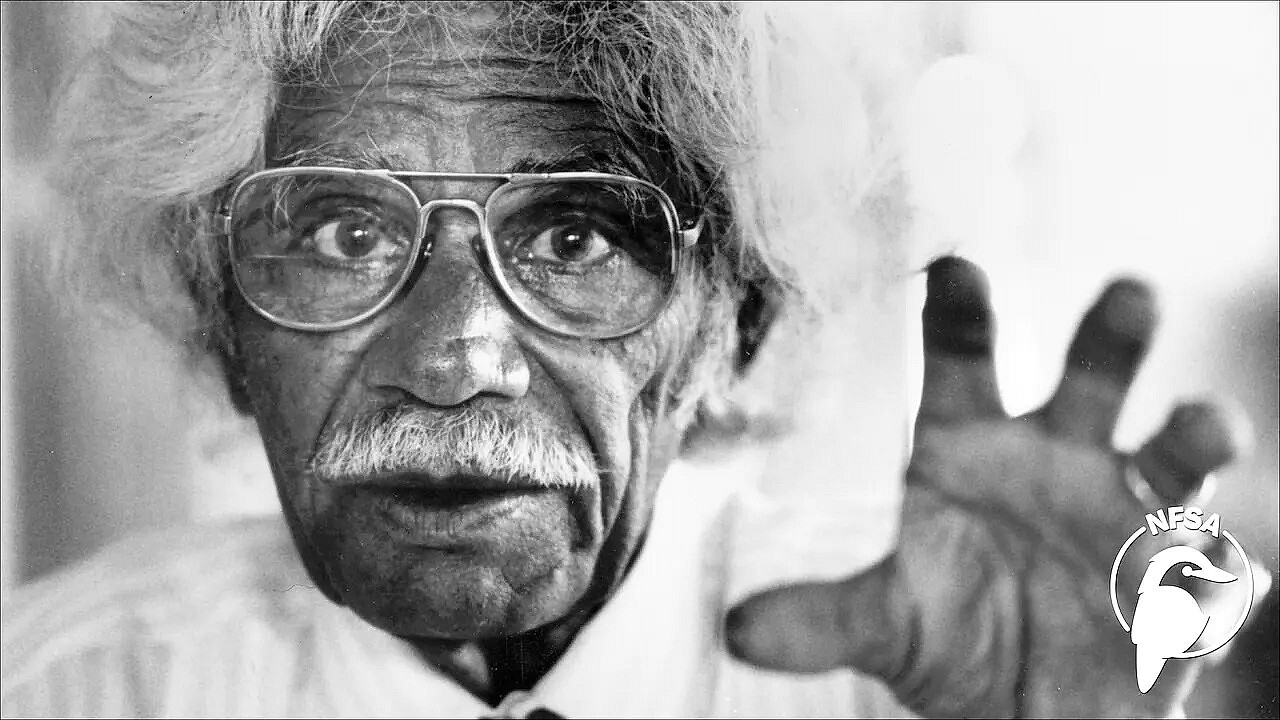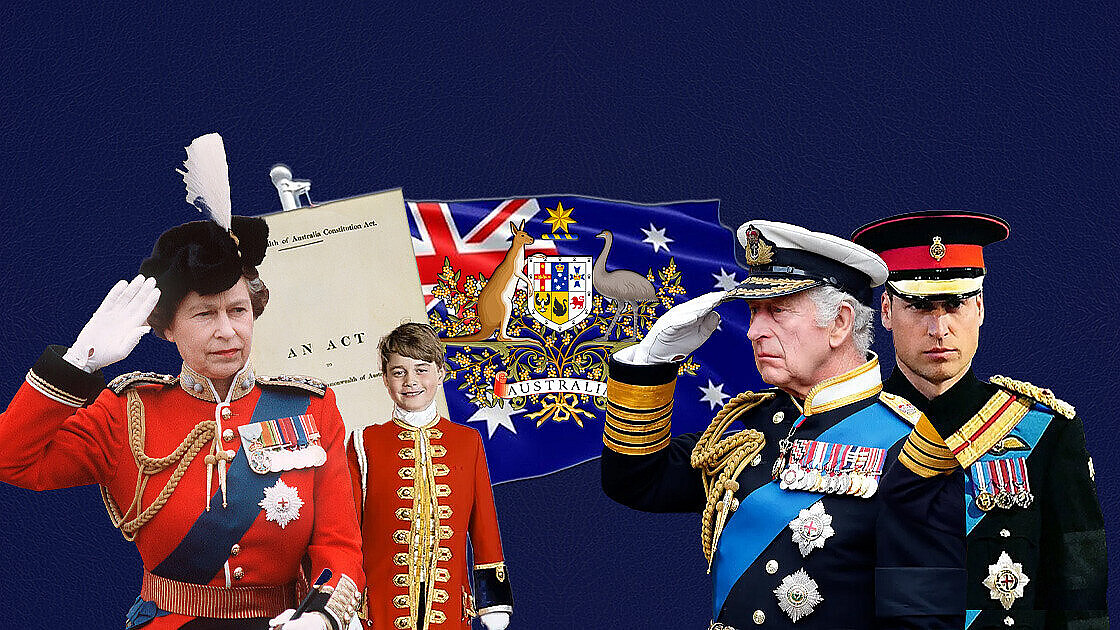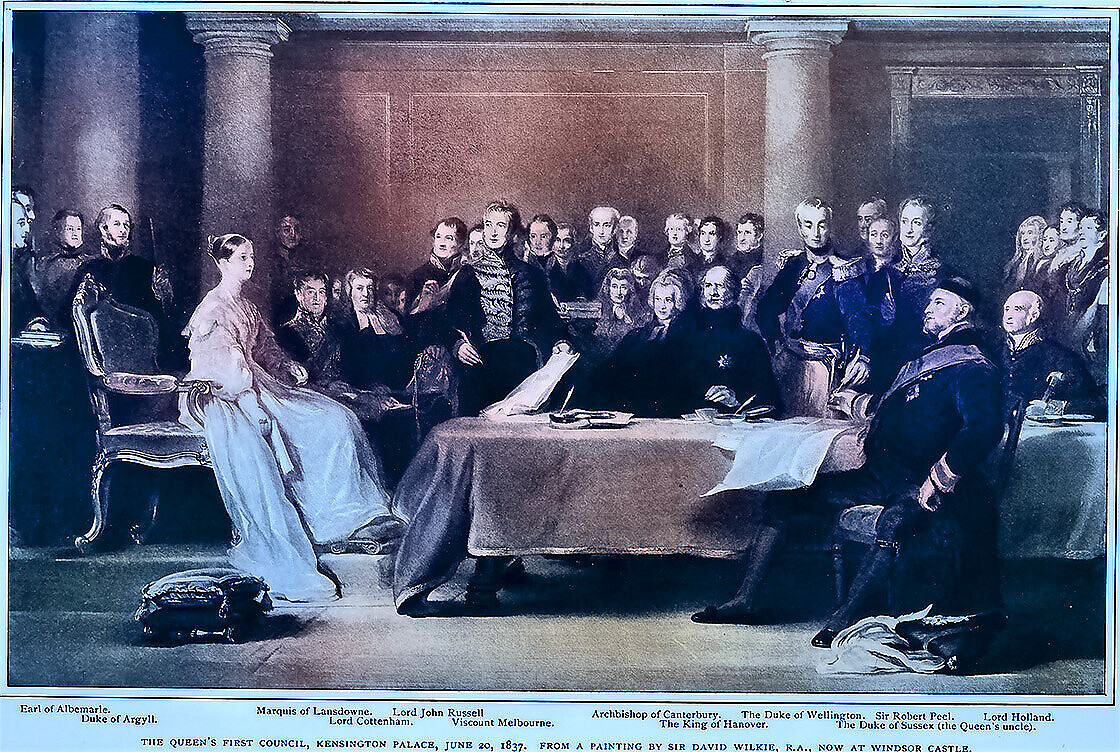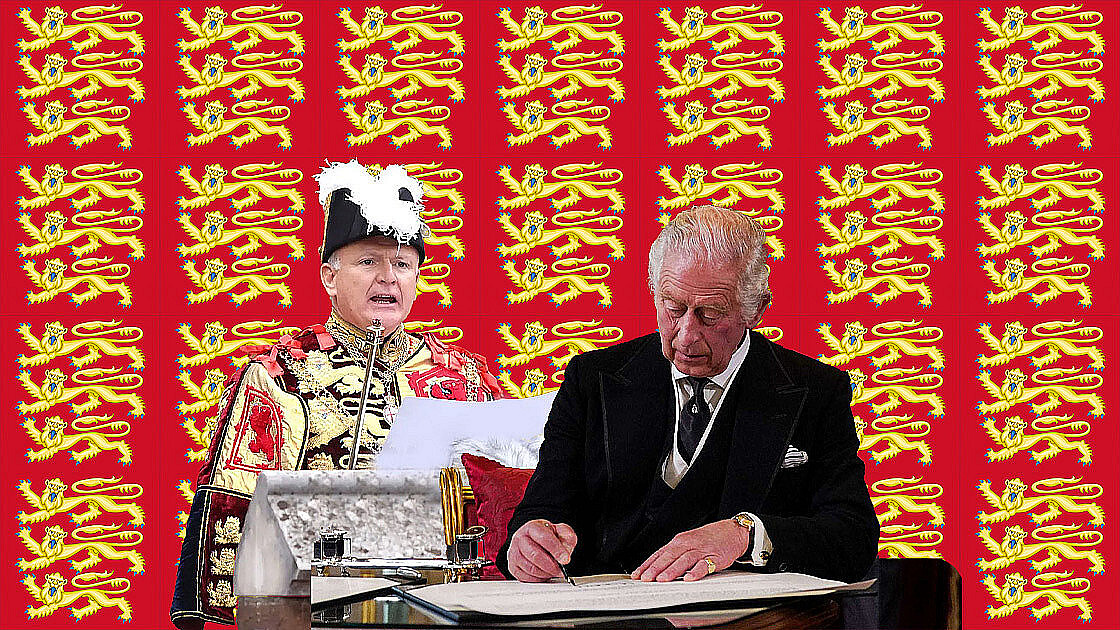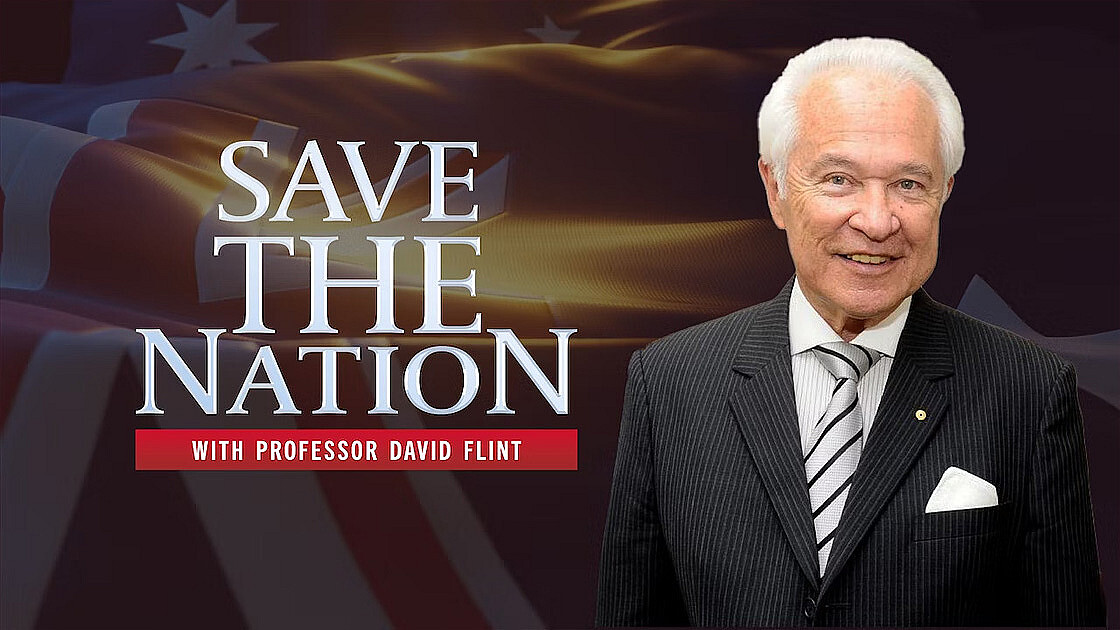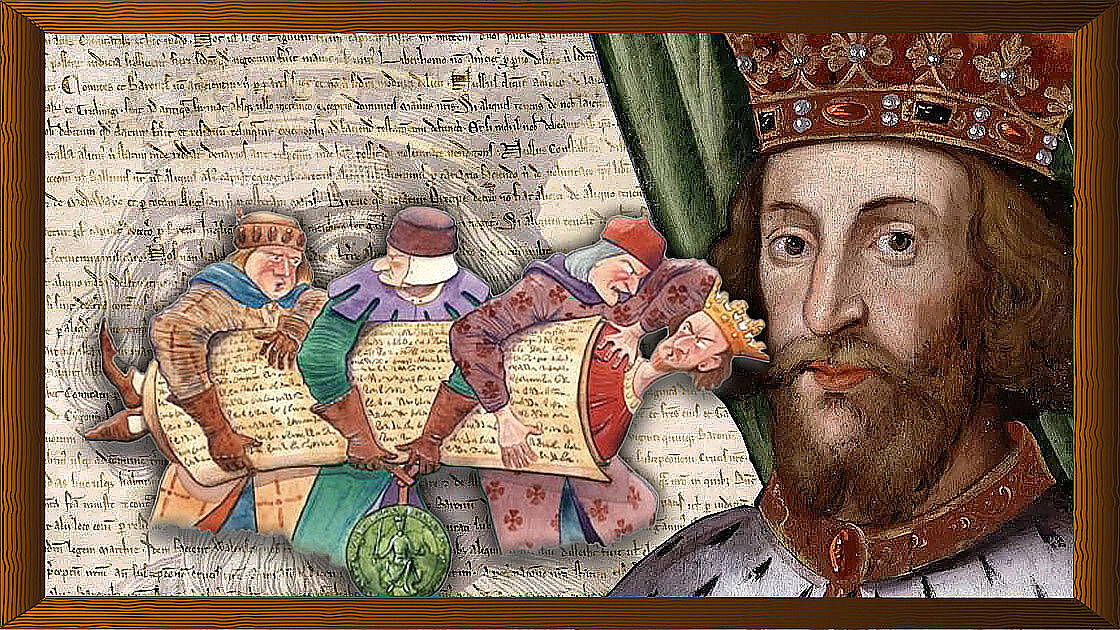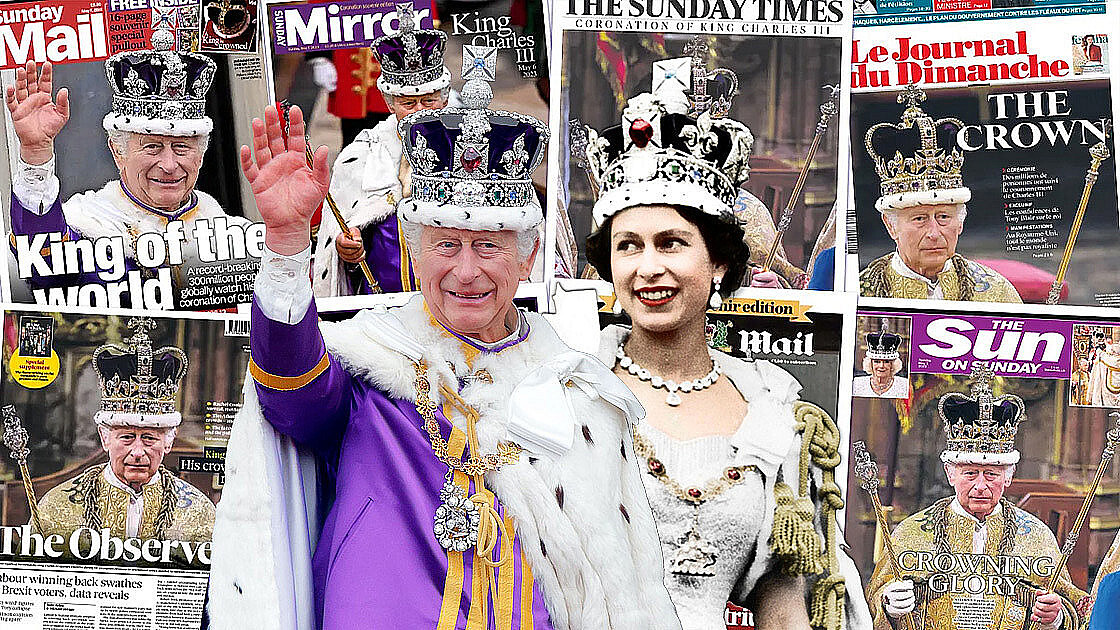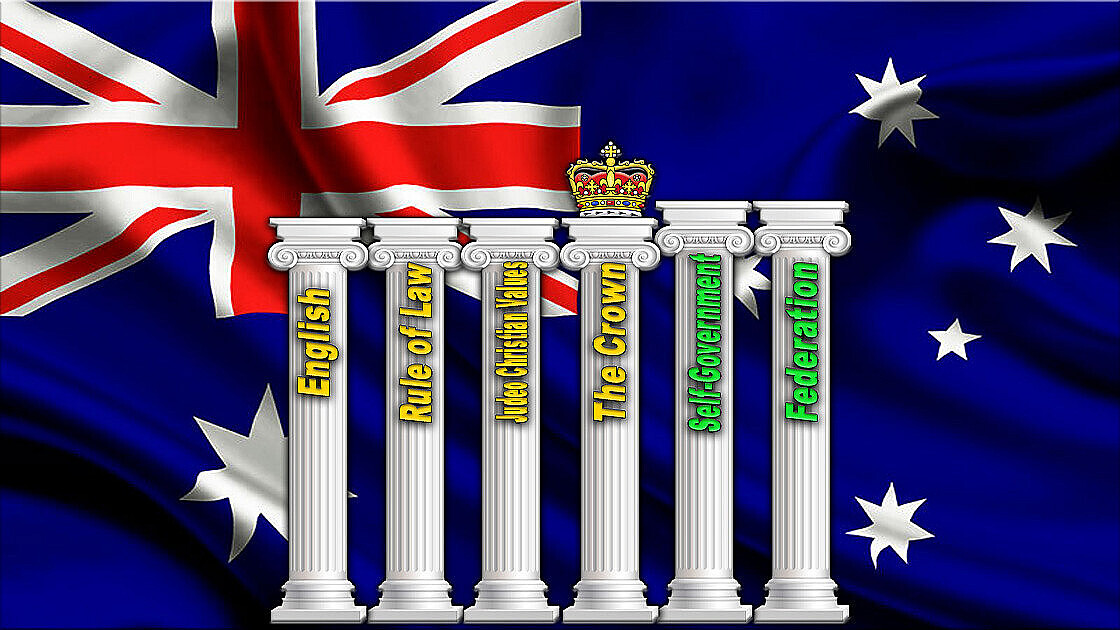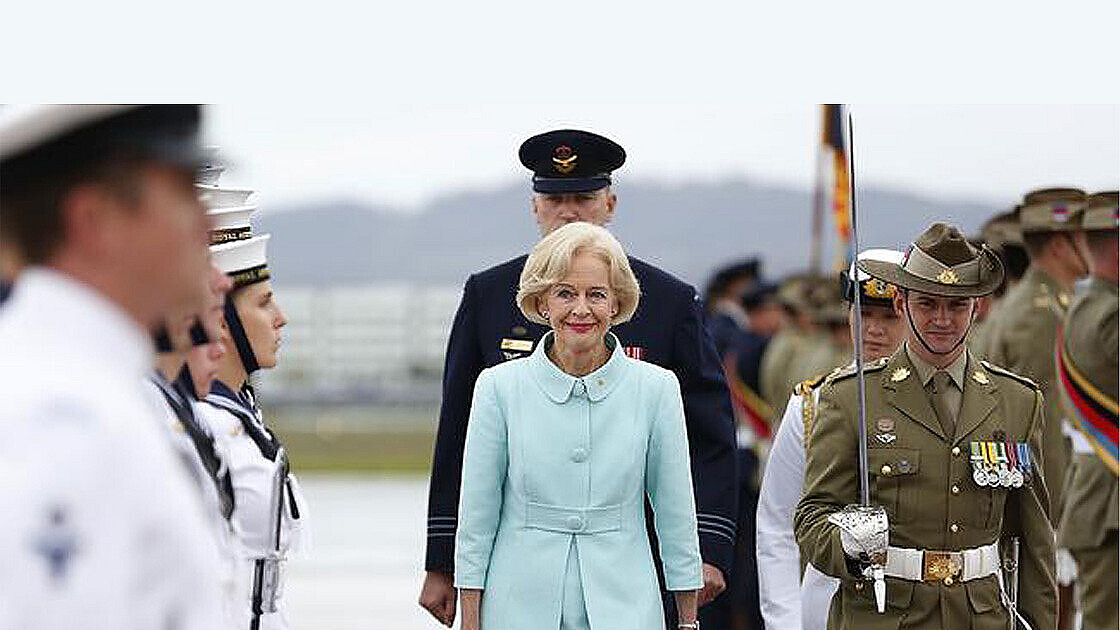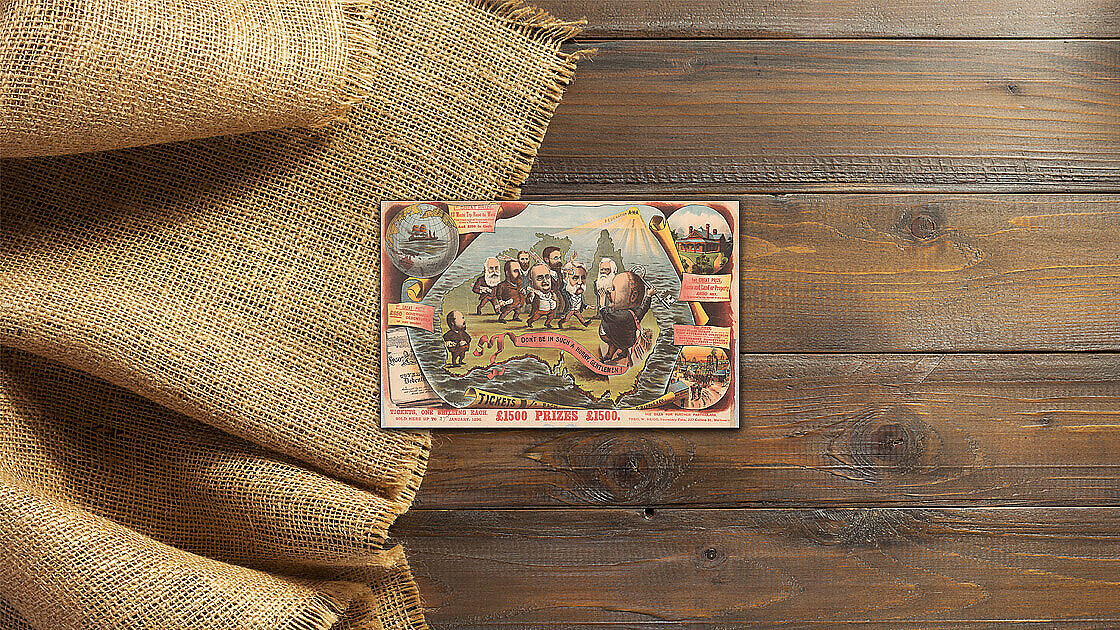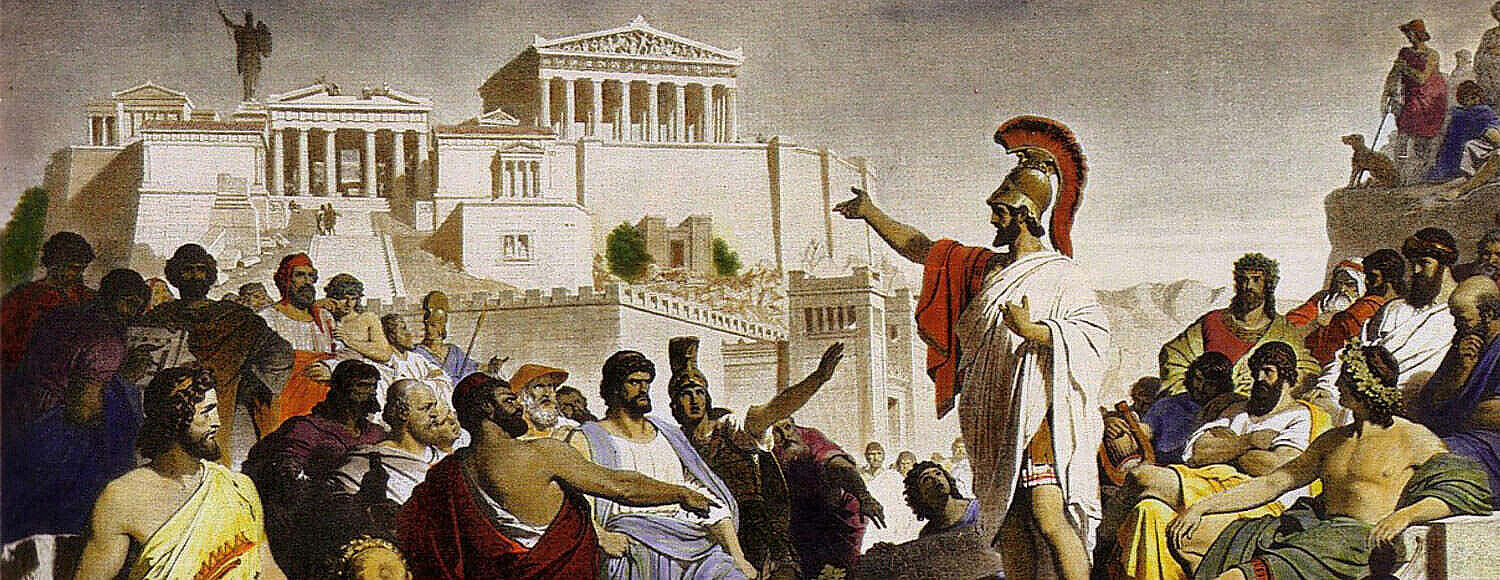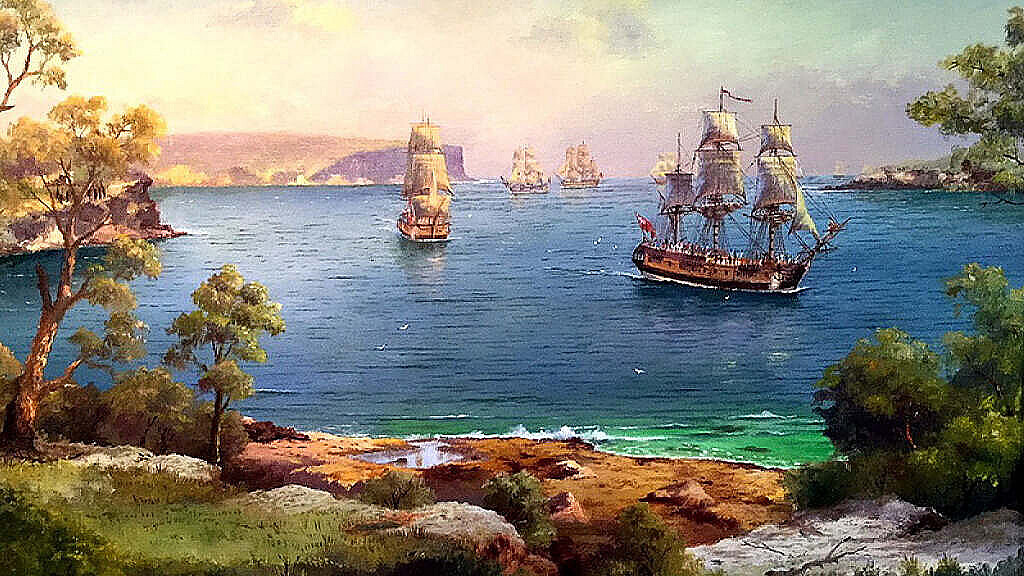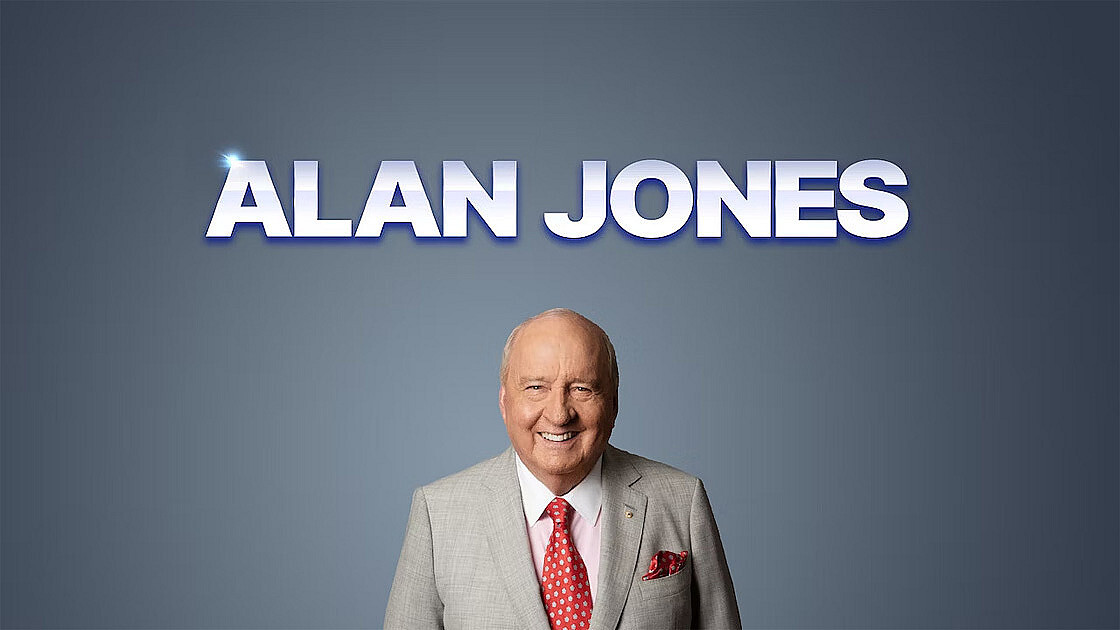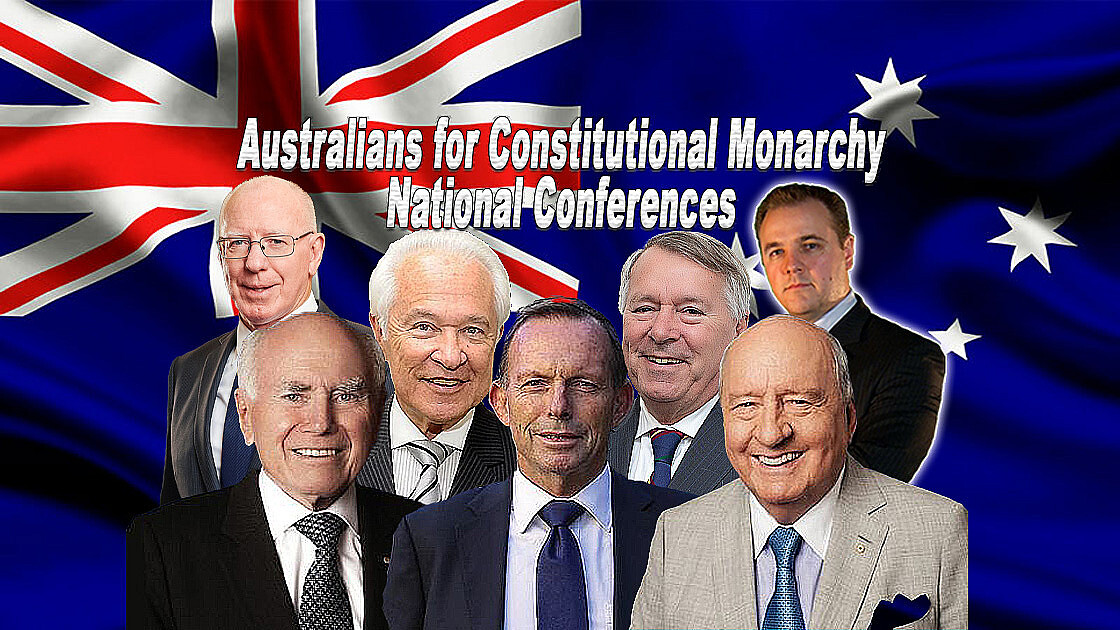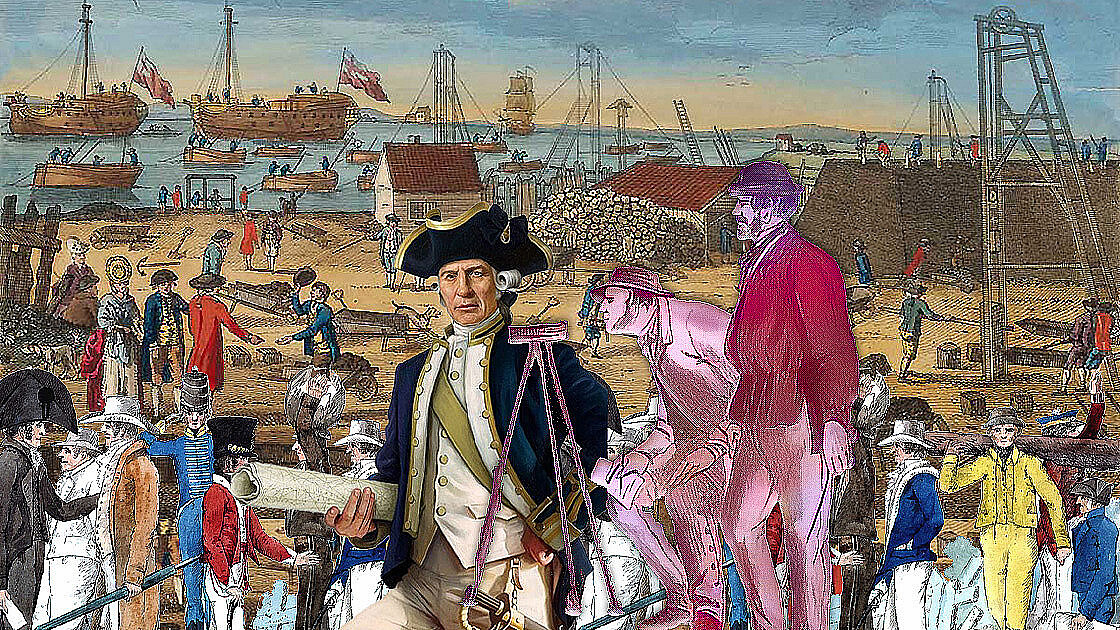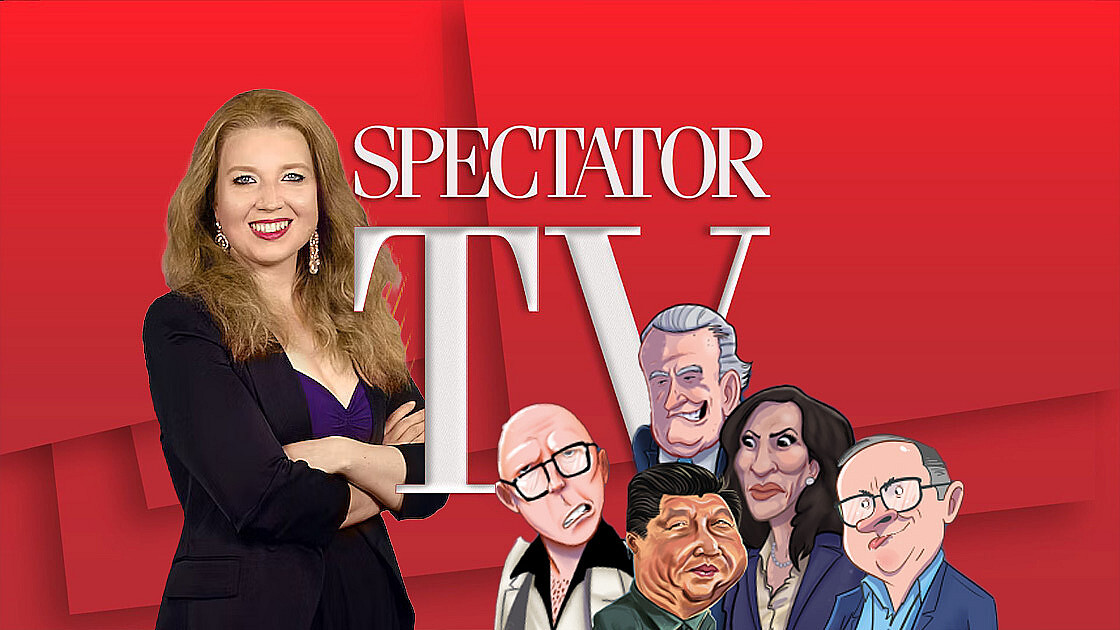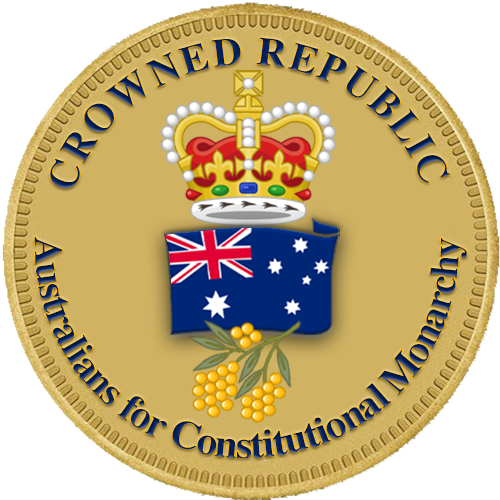Useful Links.
ACM - NO REPUBLIC
Australians for Constitutional Monarchy (ACM) was established in June 1992 to preserve the Australian Constitution, the role of the Crown, and our National Flag. The organization played a significant role in organizing the successful ‘No Republic – ACM’ campaign for delegates to attend the Constitutional Convention. Since 1992, without government assistance, ACM has been at the forefront of defending our constitutional system.
ACM Branches
Australians for Constitutional Monarchy (Toowoomba Branch)
Getting it Together - From Colonies to Federation.
Using historical sources such as newspaper extracts, cartoons, speeches and biographies, Getting it Together contains a series of classroom activities for students to explore. The national story brings each of the colonial stories together.
https://getting-it-together.moadoph.gov.au/index.html
OTHER WEBSITES:
Constitution Education Fund - http://cefa.org.au/
The Constitution Education Fund is a non-profit organization established in 1995 to increase public understanding of Australia's constitutional framework. It focuses on developing teaching resources for civics and citizenship and implements programs in schools and educational institutions. Key initiatives include the Australian Constitution Centre, essay competitions, and educational resources. The projects are funded through philanthropy and government grants. The CEFA report titled "Why National Constitutional, Civics, Citizenship Education Must Be a Priority for Australian School Students," published in March 2019, advocates for a national program to educate Australians, particularly school-age children, about the government's functioning, origins, and history.
Advance Australia: South Australia and Federation (State Library of South Australia)
Australia’s Centenary of Federation (removed by the ABC Network)
Tenterfield School of Arts building that houses a museum honouring Sir Henry Parkes closes.
Australia’s Federation (Museum of Victoria)
Federation and the Constitution (National Archives)
Constitution and referendums (National Archives)
Federation Gateway (National Library of Australia)
Western Australia and Federation (State Library of Western Australia)
Other Sites of Interest
Education Resources - related websites from
Constitution Education Fund - http://cefa.org.au/
Australian Government Agencies - australia.gov.au
Australian Legal Information Institute
Founding Documents of the Commonwealth of Australia
National Archives of Australia
Australian Parliament House - Education Office
NSW Department of Education and Training - The Arts Unit
Parliamentary Education Office - Victoria
Parliamentary Education Office - Australian Capital Territory
Parliamentary Education Office - New South Wales
Parliamentary Education Office - Northern Territory
Parliamentary Education Office - Queensland
Parliamentary Education Office - South Australia
Parliamentary Education Office - Tasmania
Parliamentary Education Office - Western Australia
Social Educators Association of Australia
The Constitutional Centre of Western Australia
The History Teachers Association of Australia
University of Sydney Civics Research Centre
Alfred Deakin
Australia’s Prime Minister three times. The National Museum of Australia
| Sir Edmund Barton |
|
| Sir Samuel Griffith |
|
| Sir Henry Parkes |
|
| John Quick |
|
| Sir George Reid |
|
| Catherine Helen Spence |
|
Explore the rich Christian heritage of Australia and the inspiring leaders who helped shape our great nation. The Christian History Research website offers a wealth of resources, including interactive applications, books, documents, maps, video, and audio. Whether you are conducting research for personal or educational purposes, this website provides valuable insight into Australia's Christian history.
We invite you to discover the stories of courage, faith, and perseverance that have left an indelible mark on our nation. This website helps you delve deeper into Australia's Christian roots and gain a greater appreciation for its leaders' contributions throughout history.
